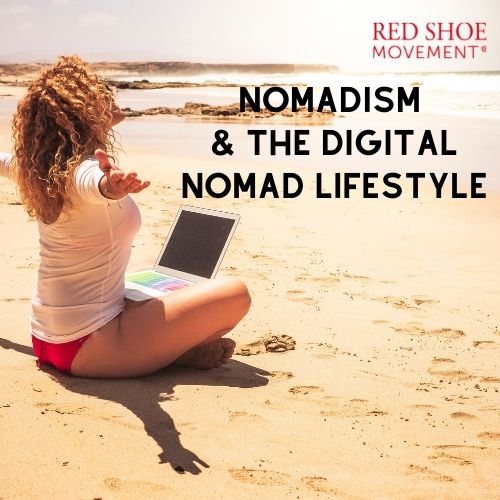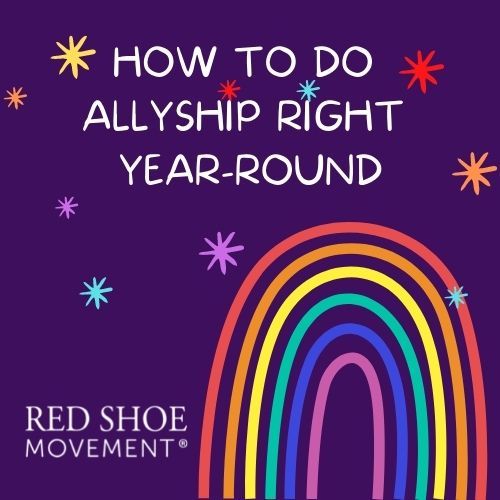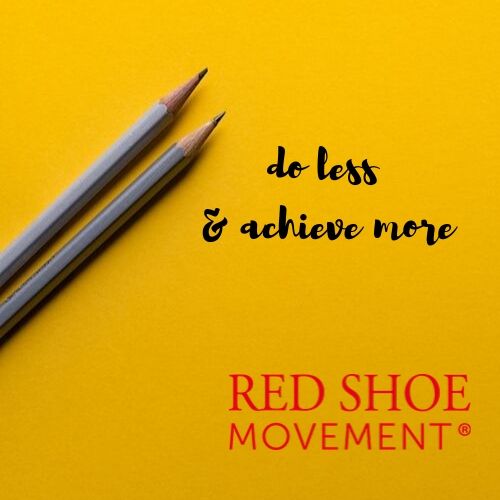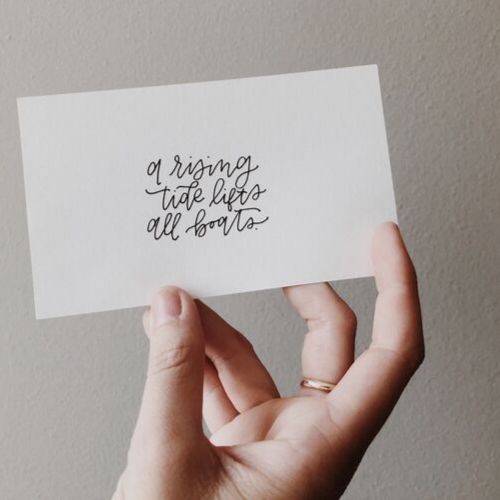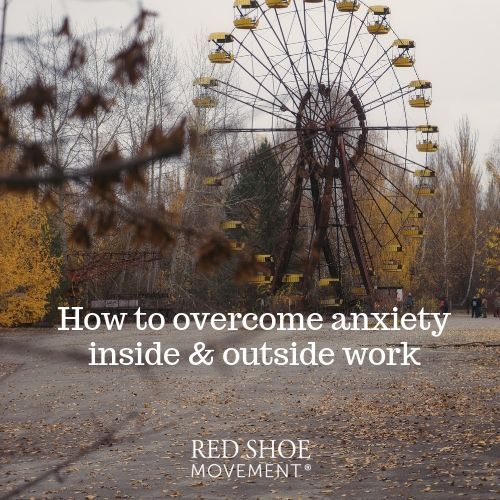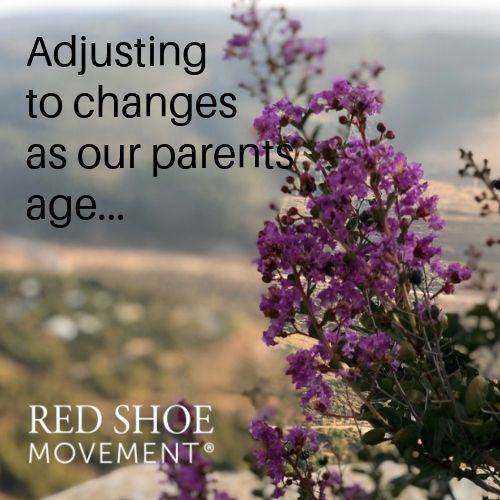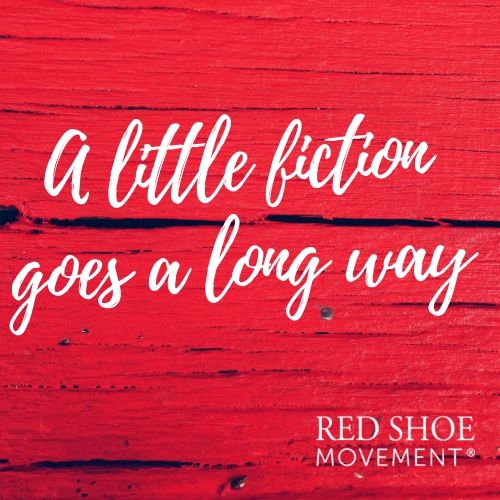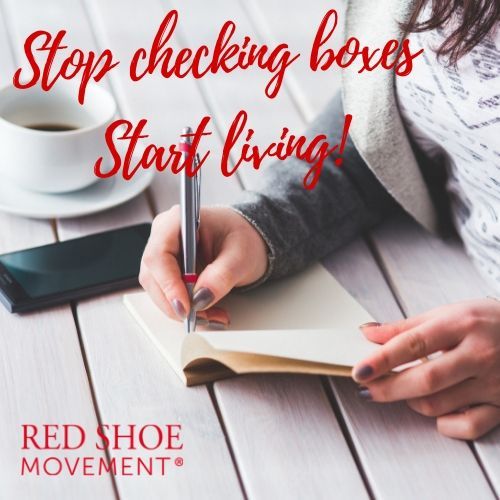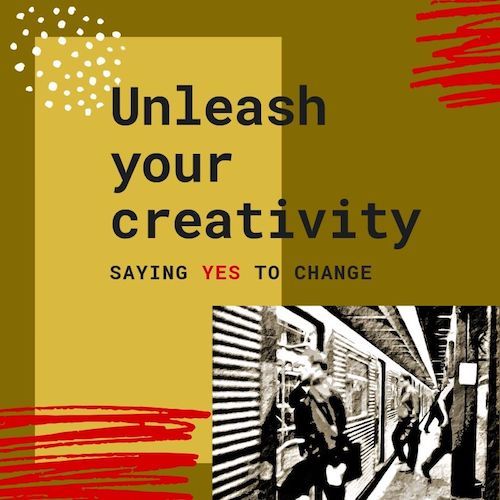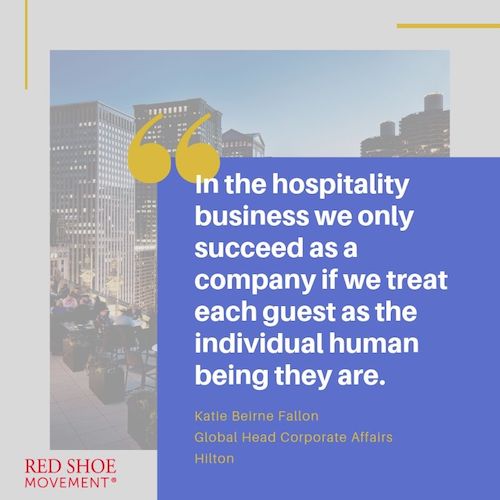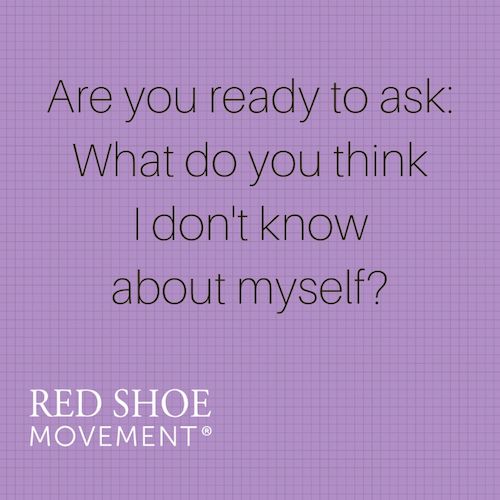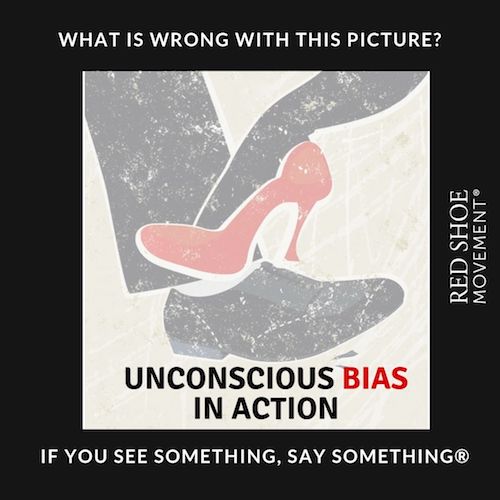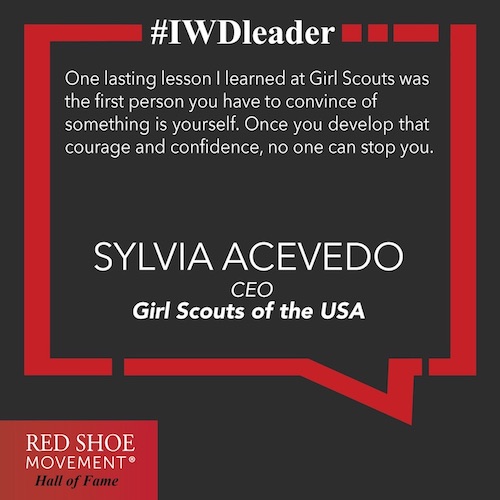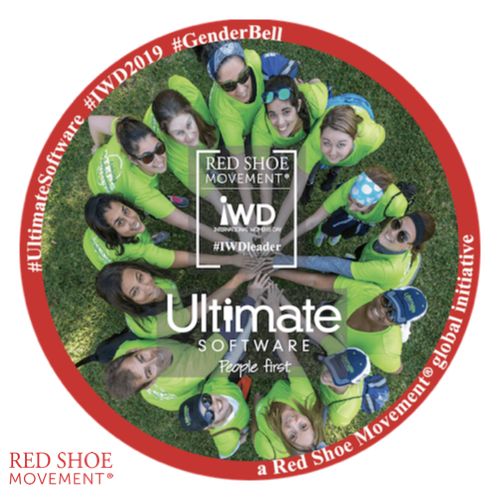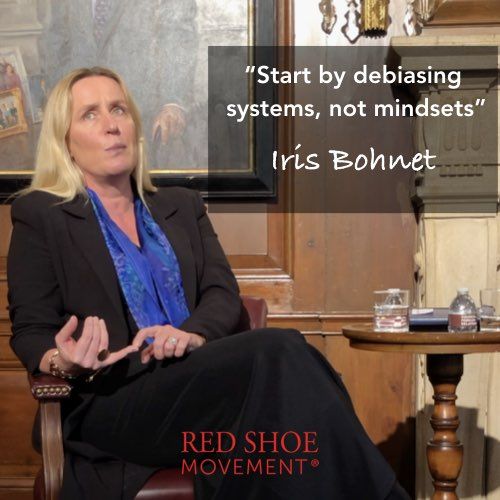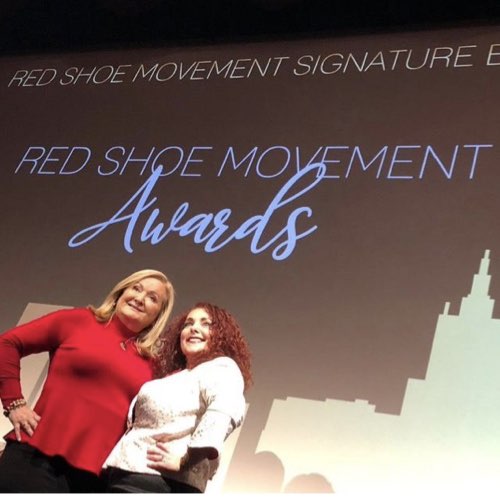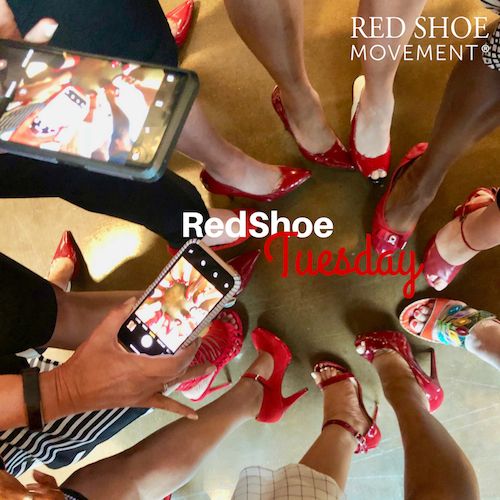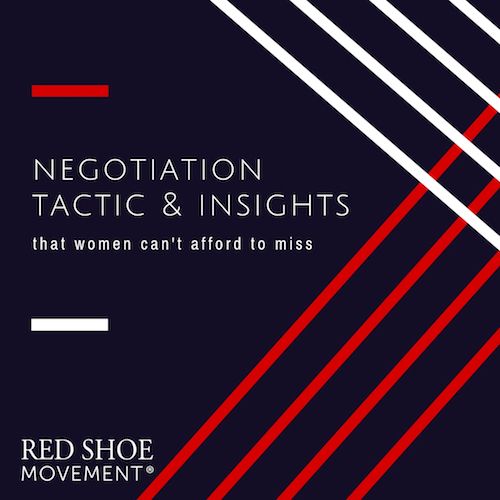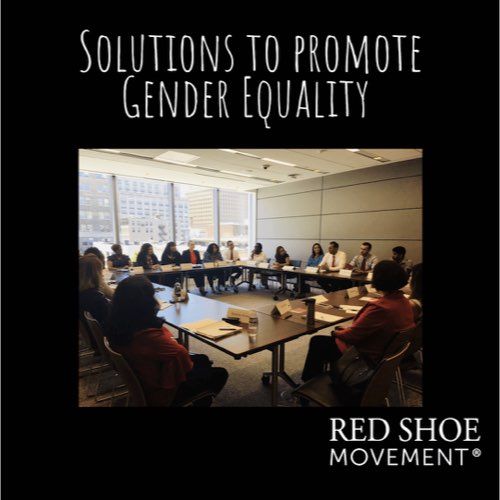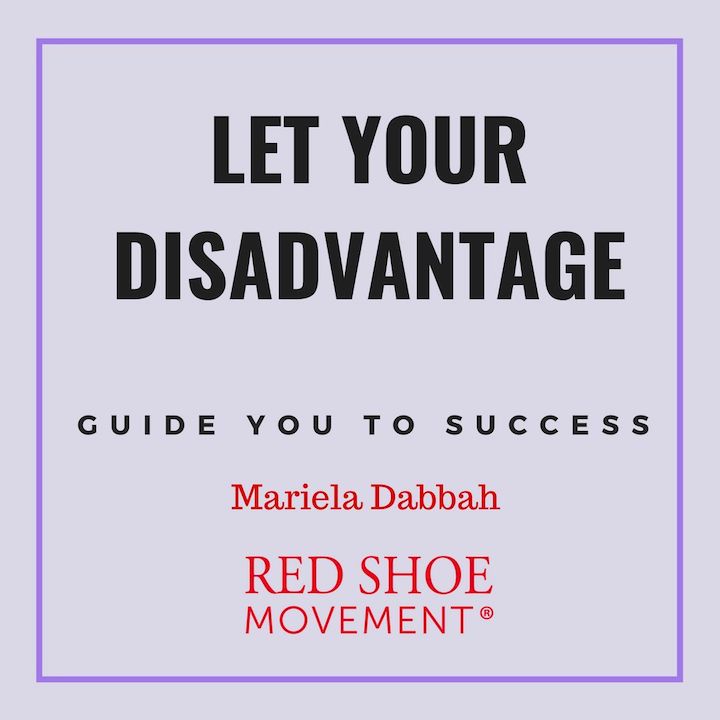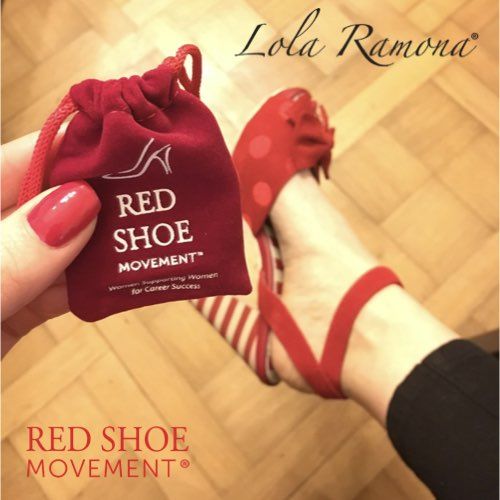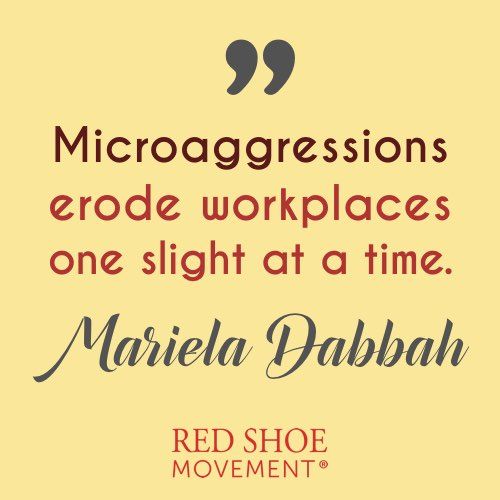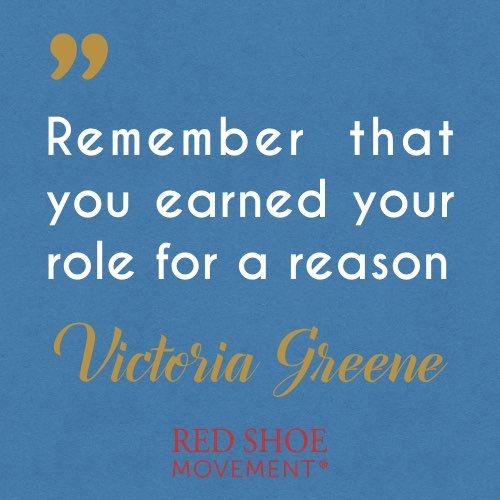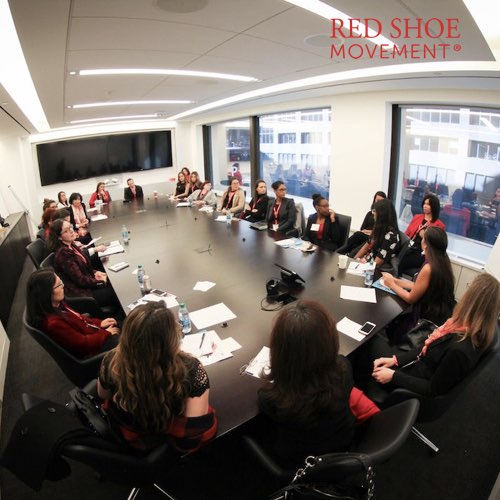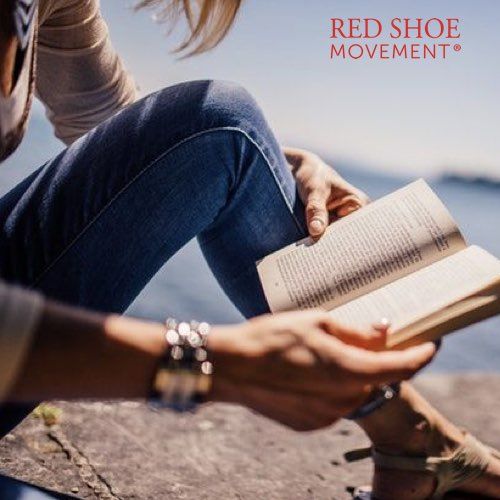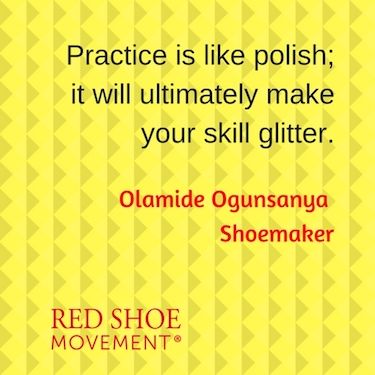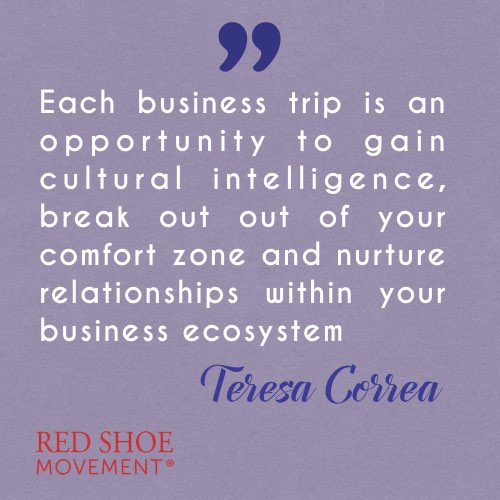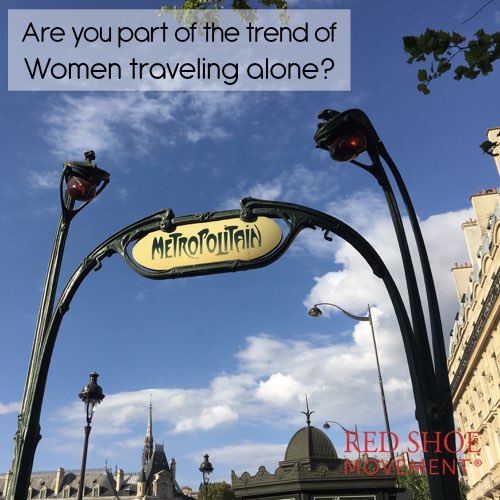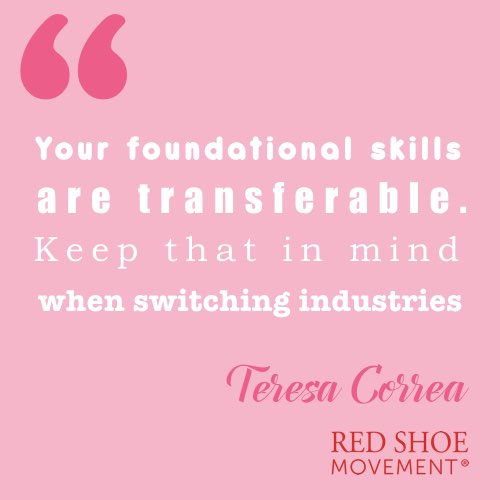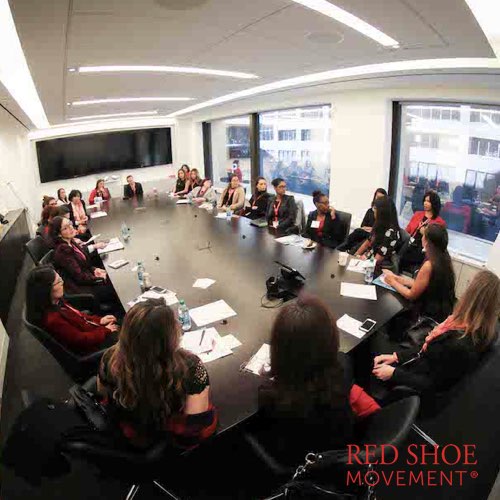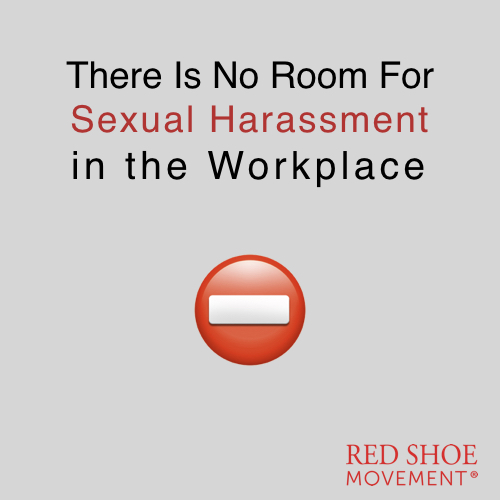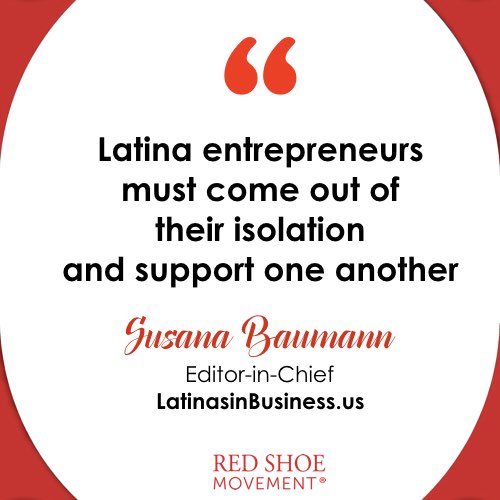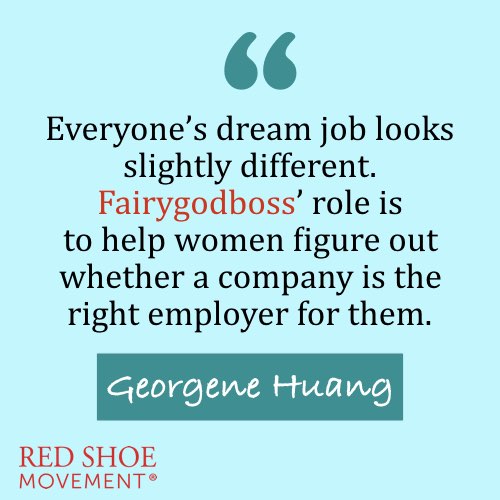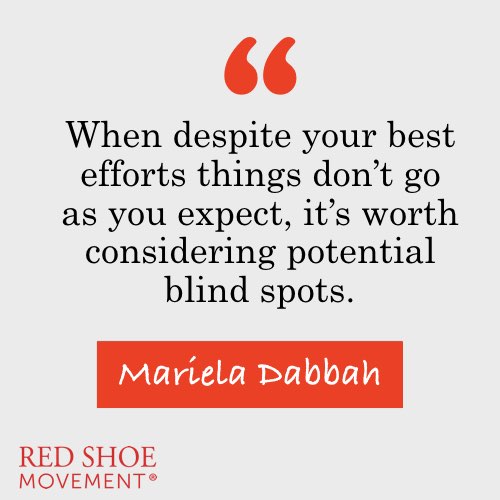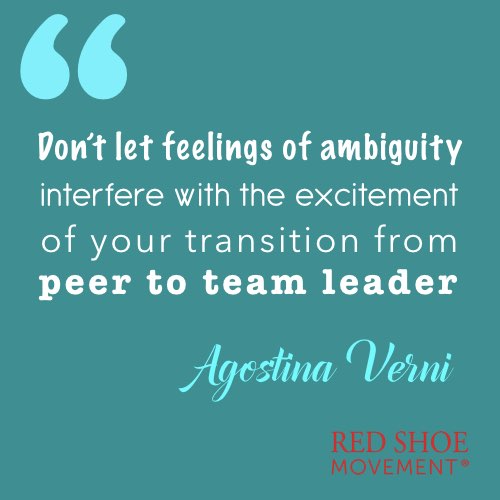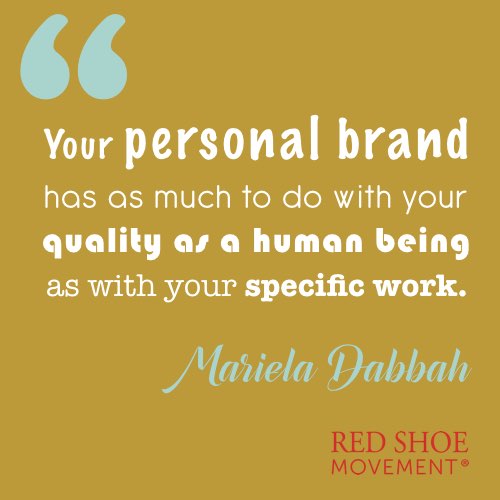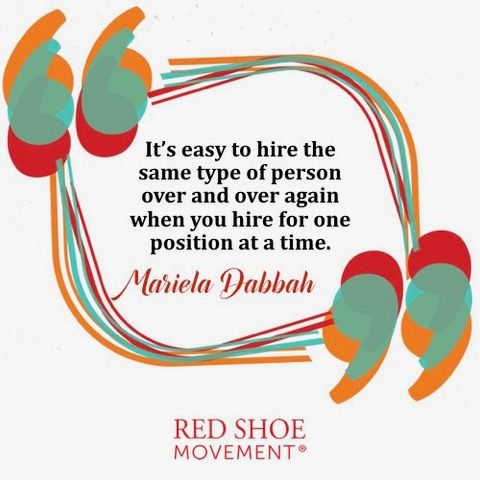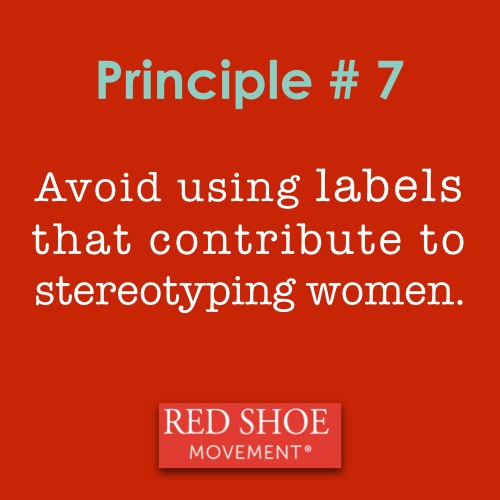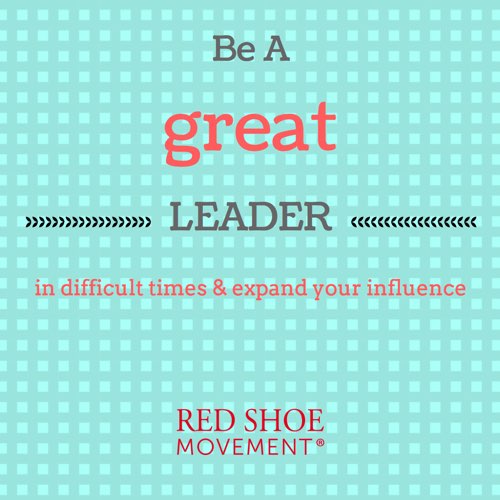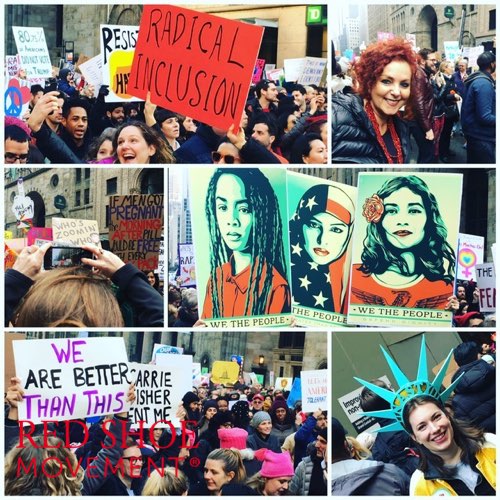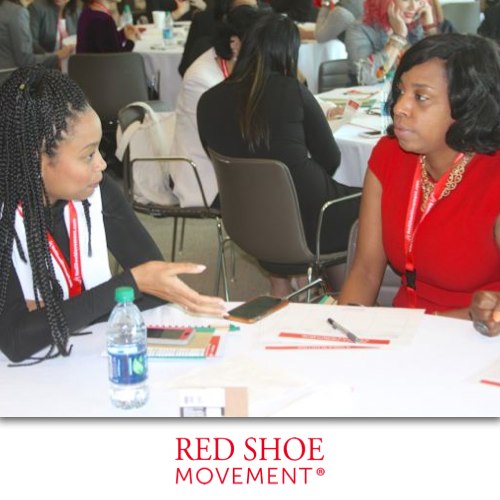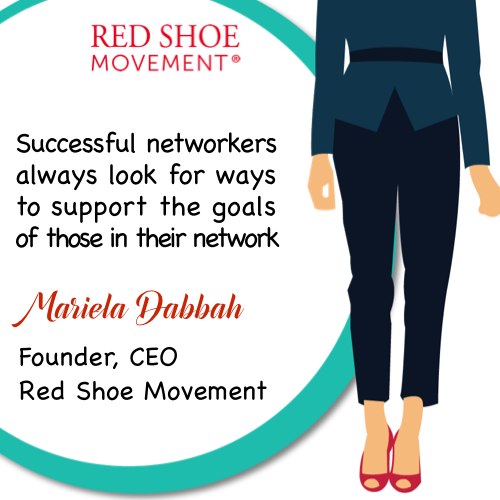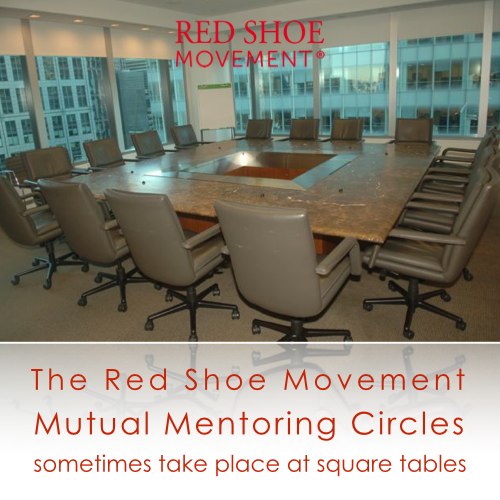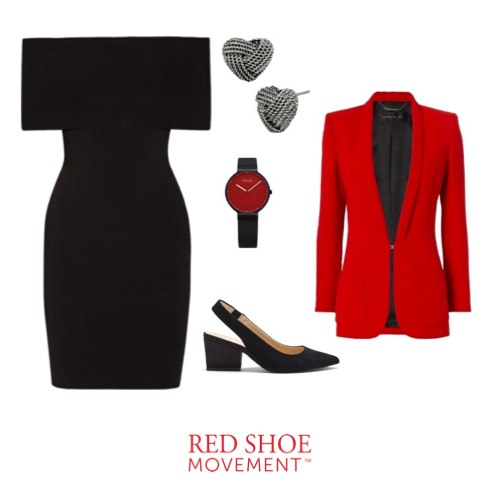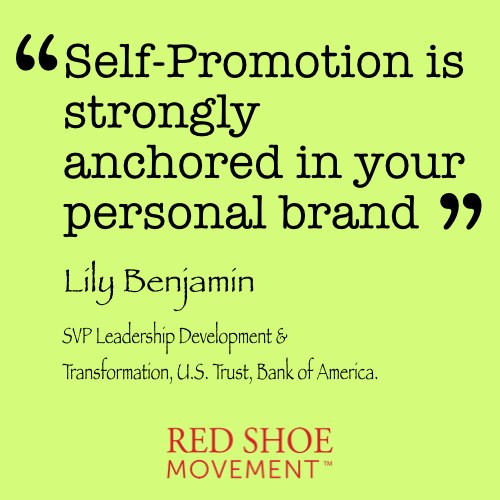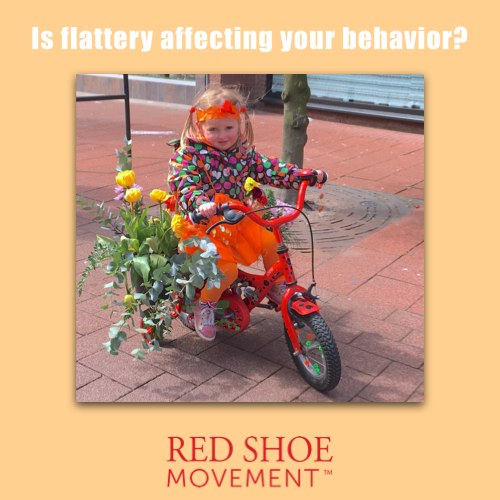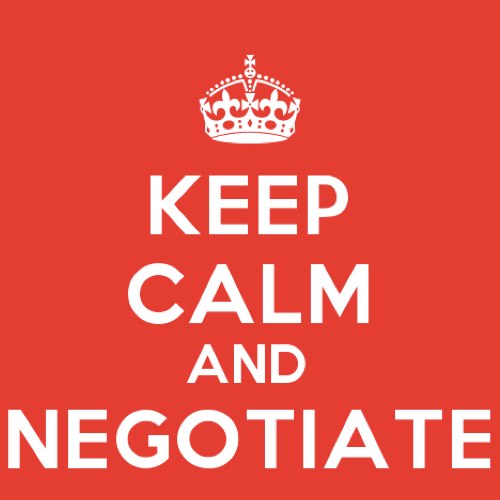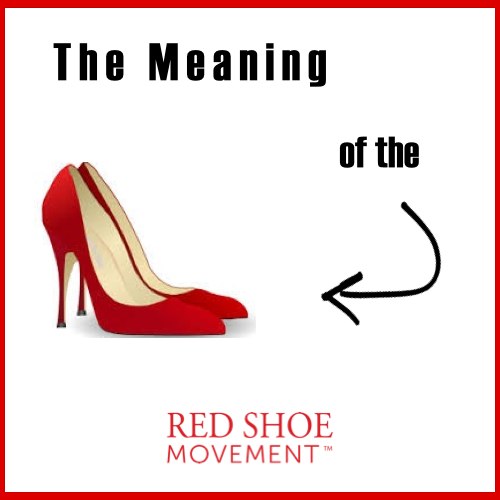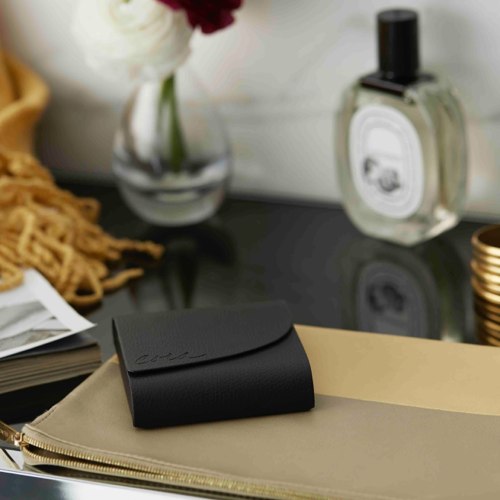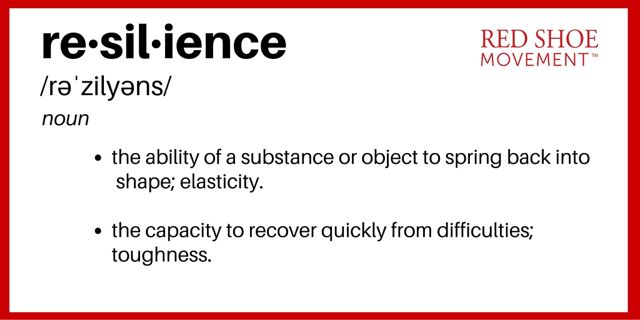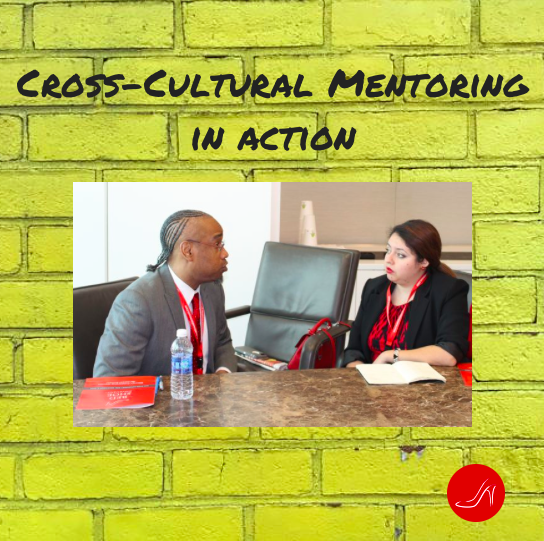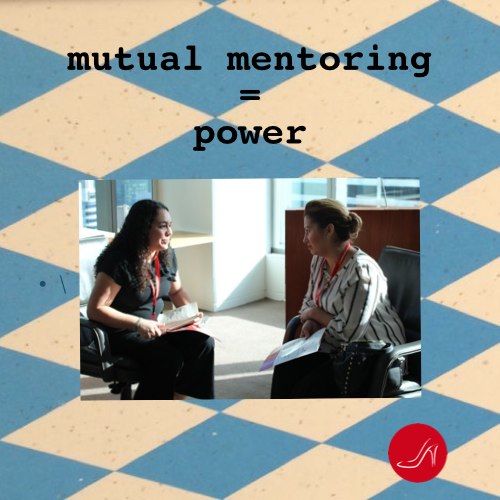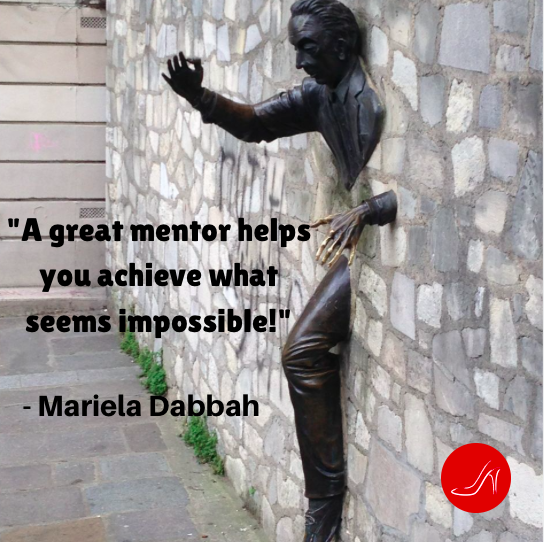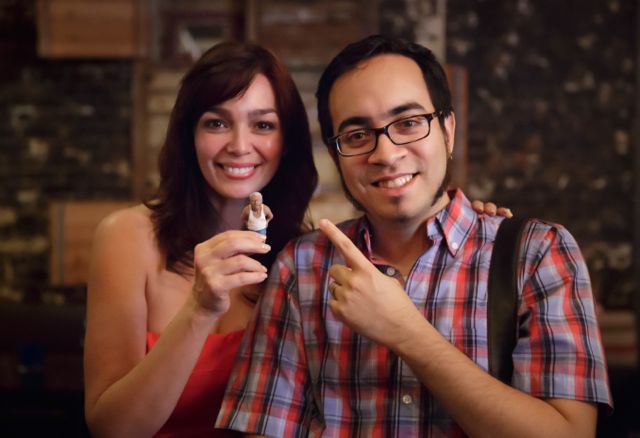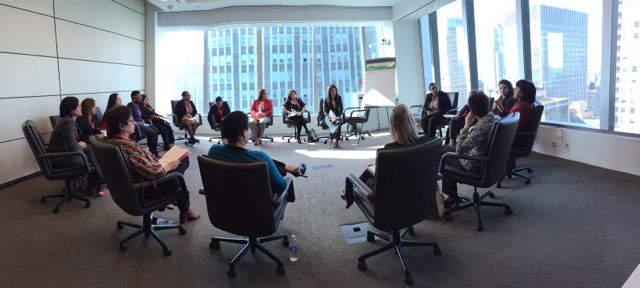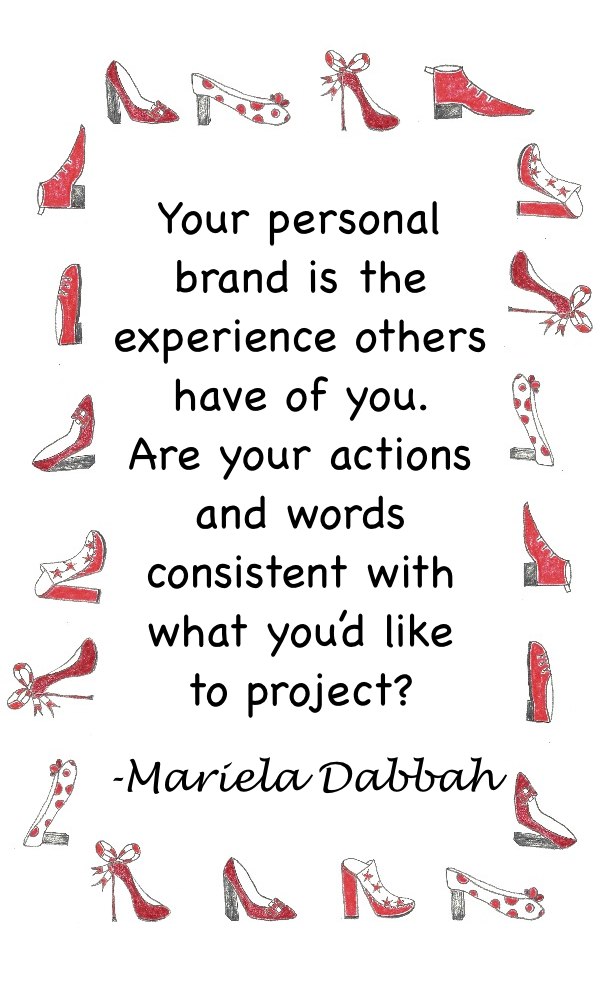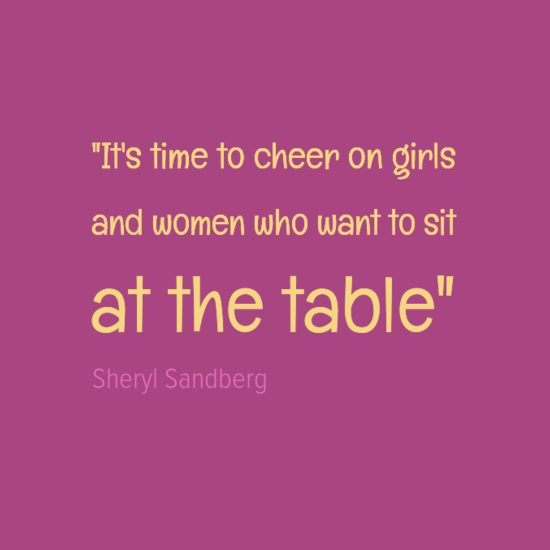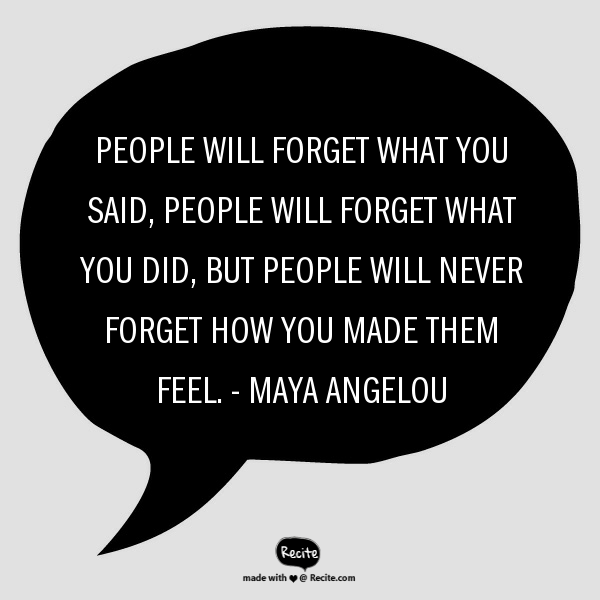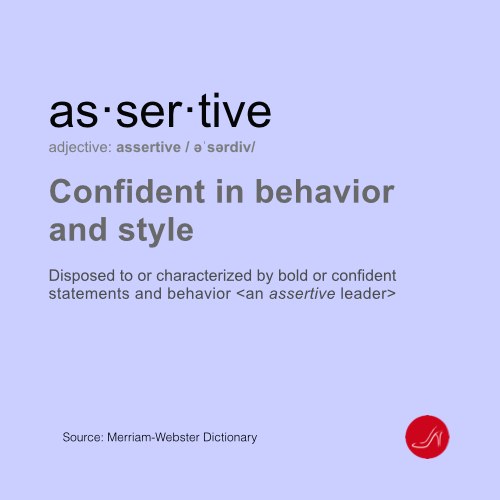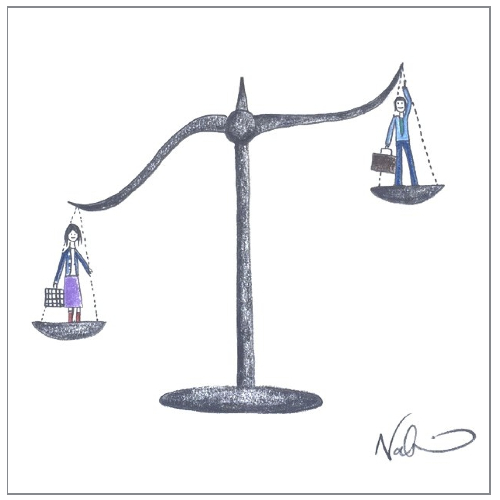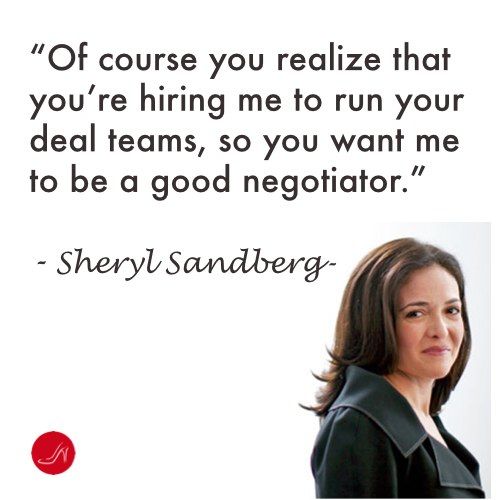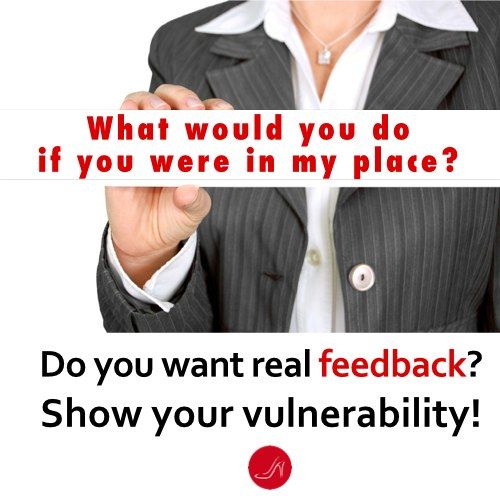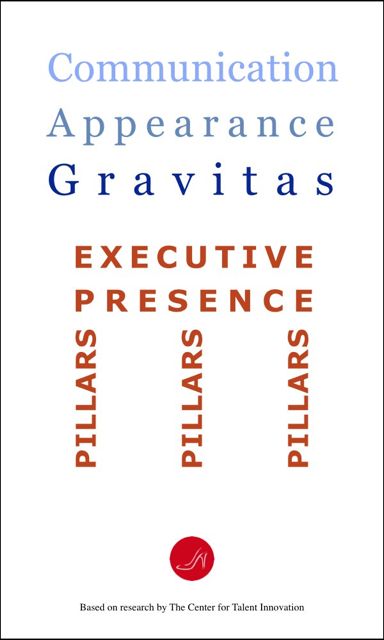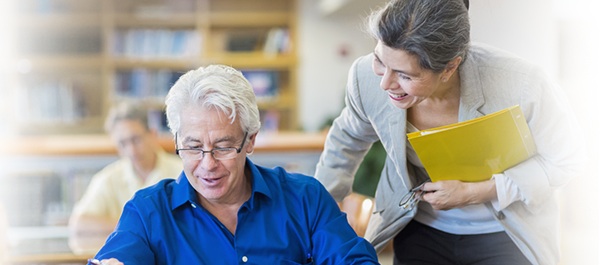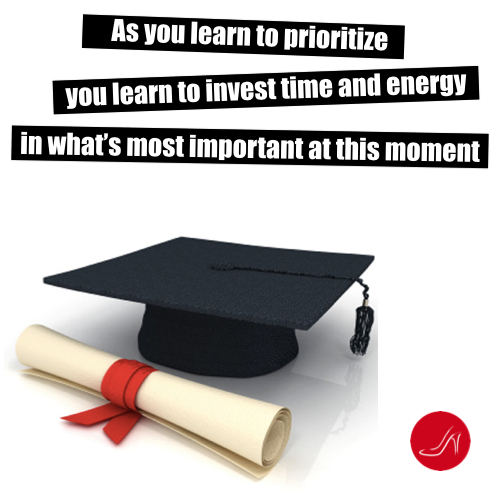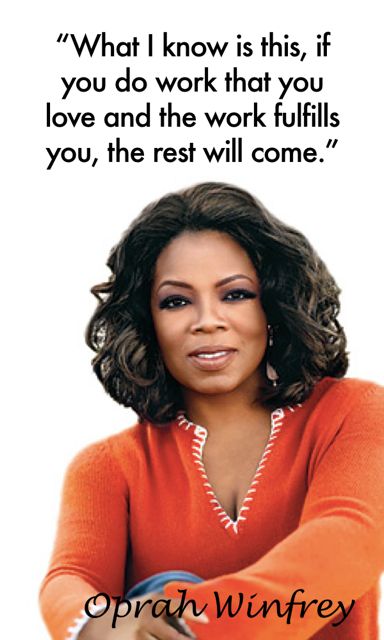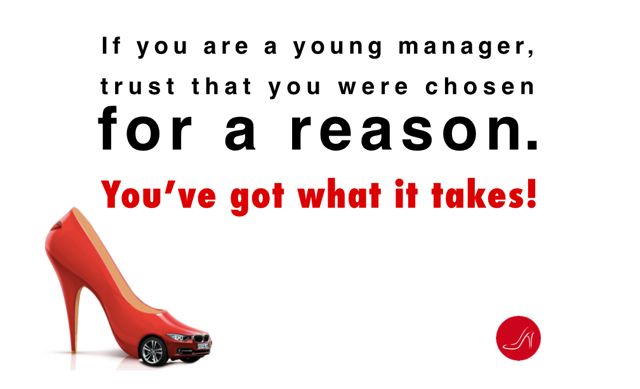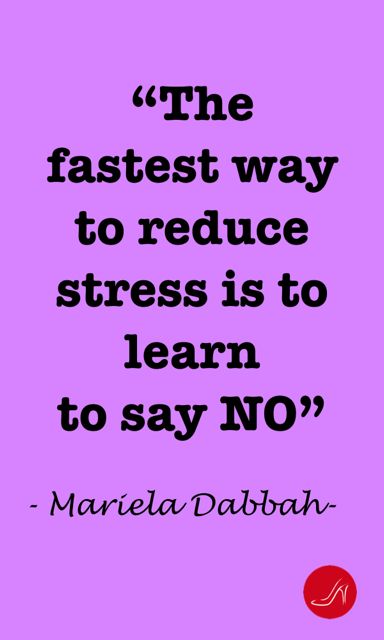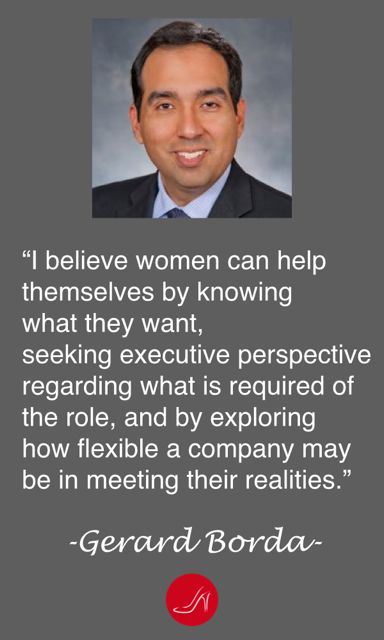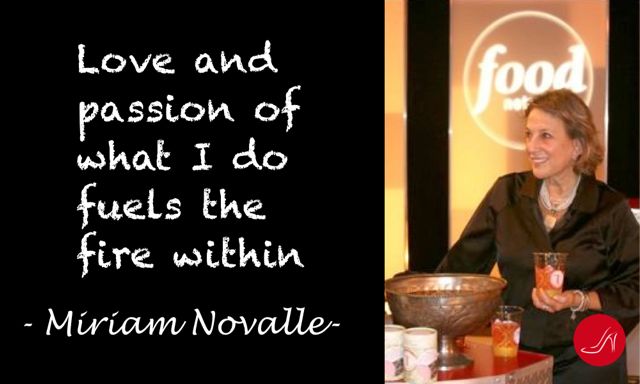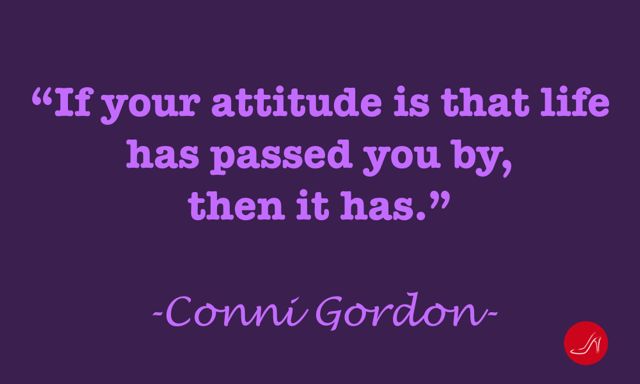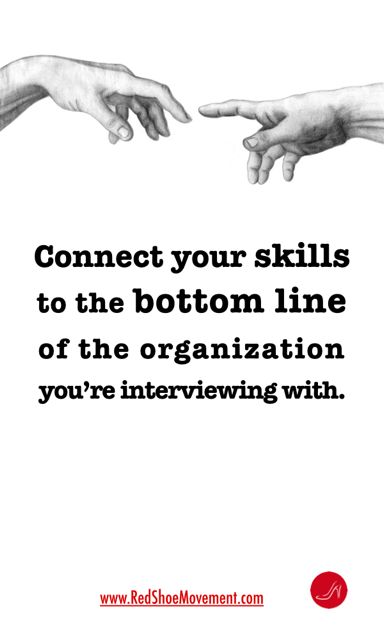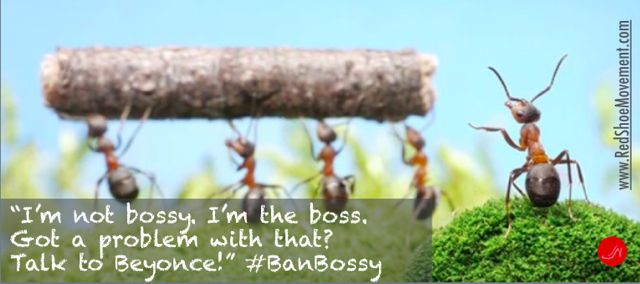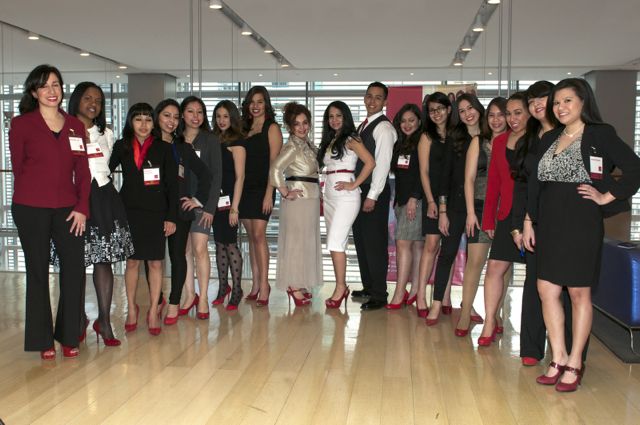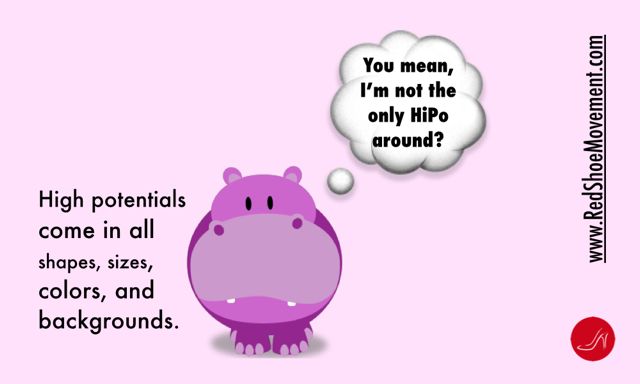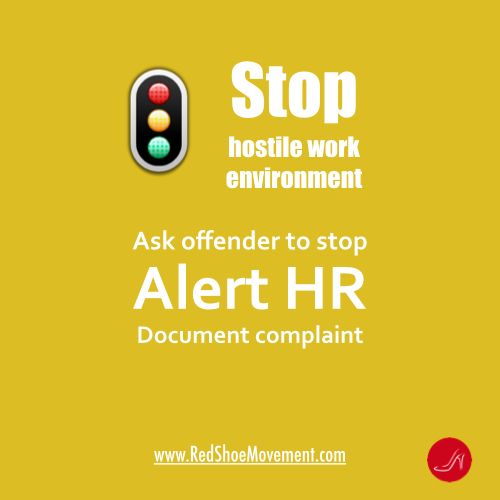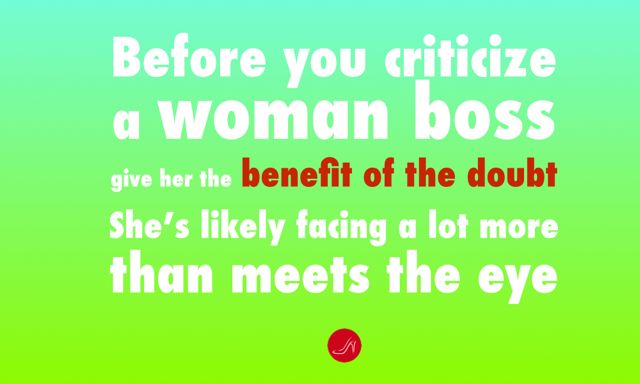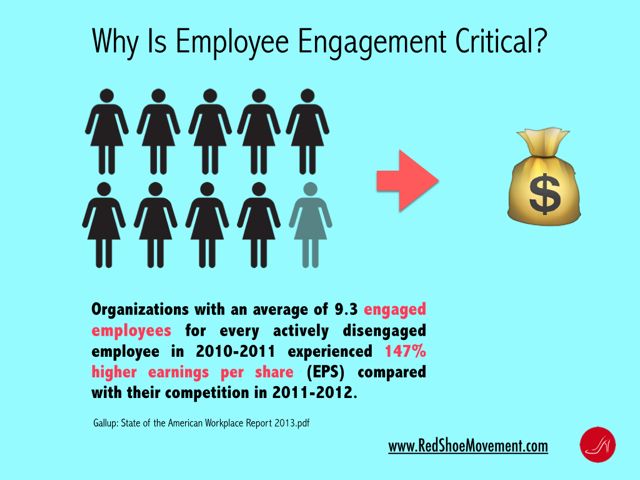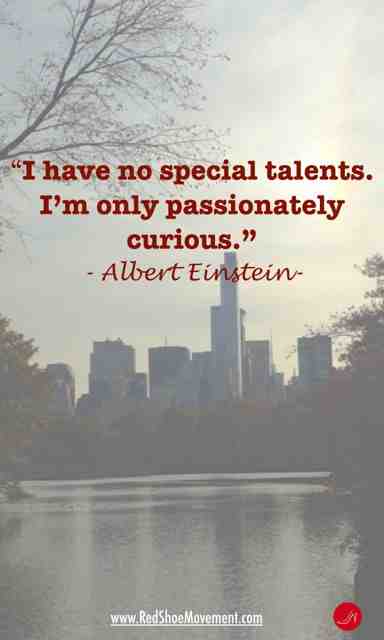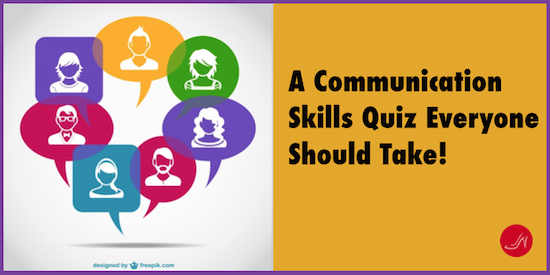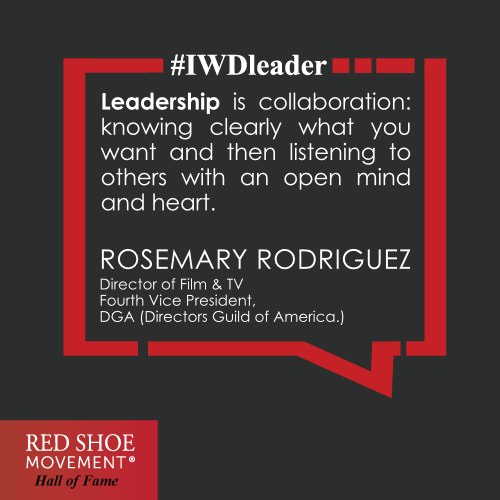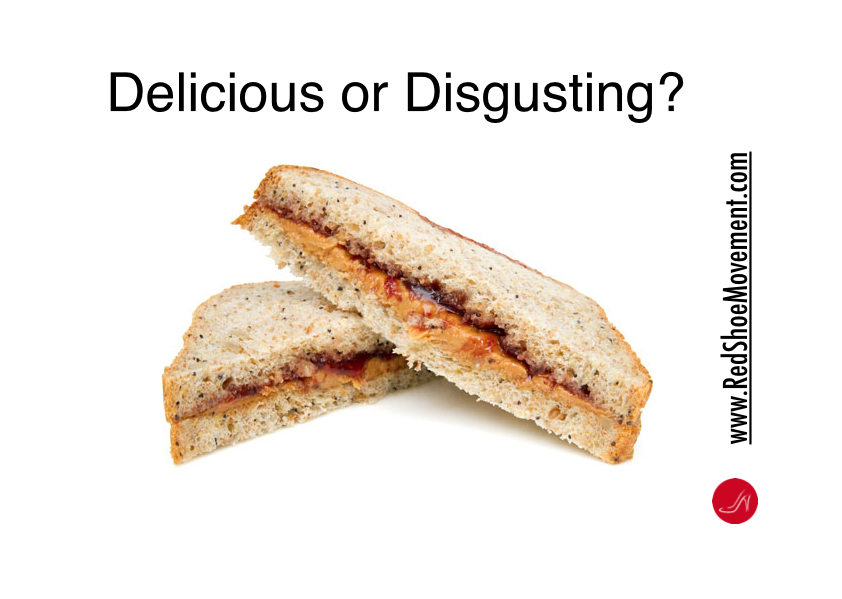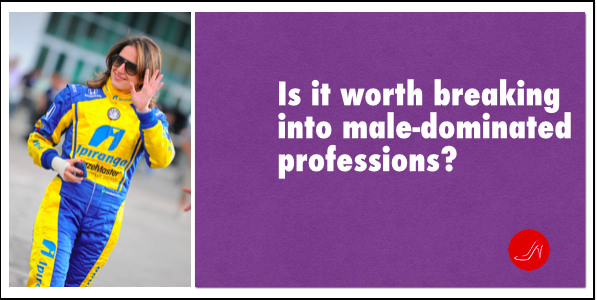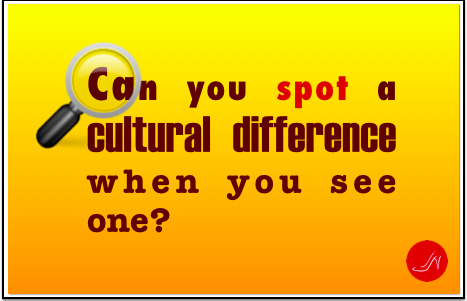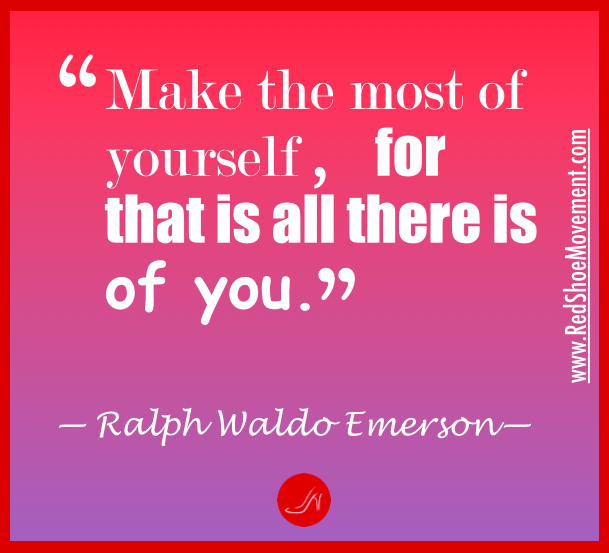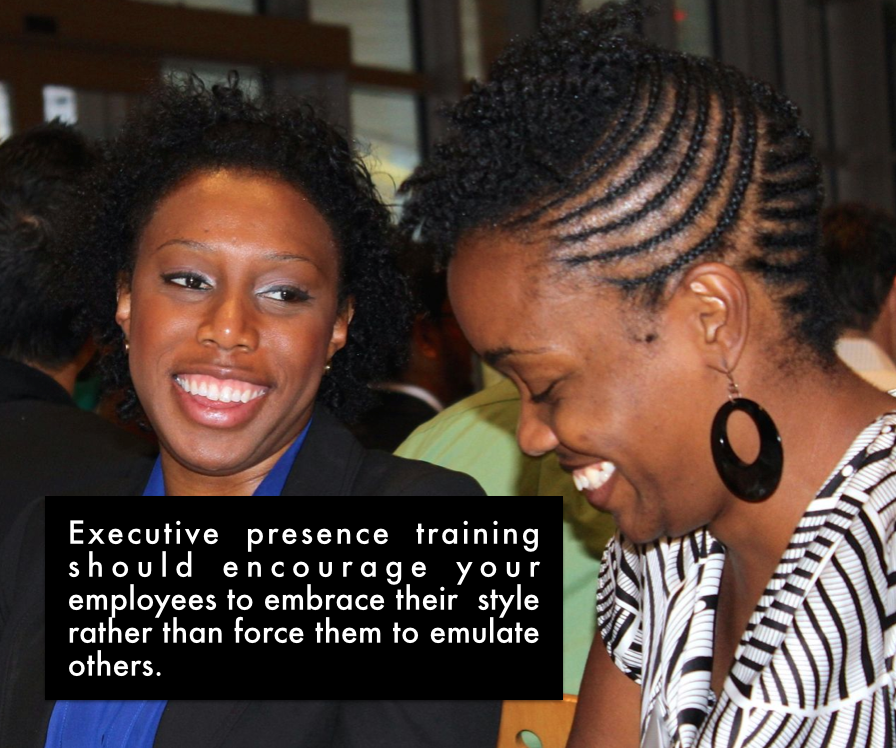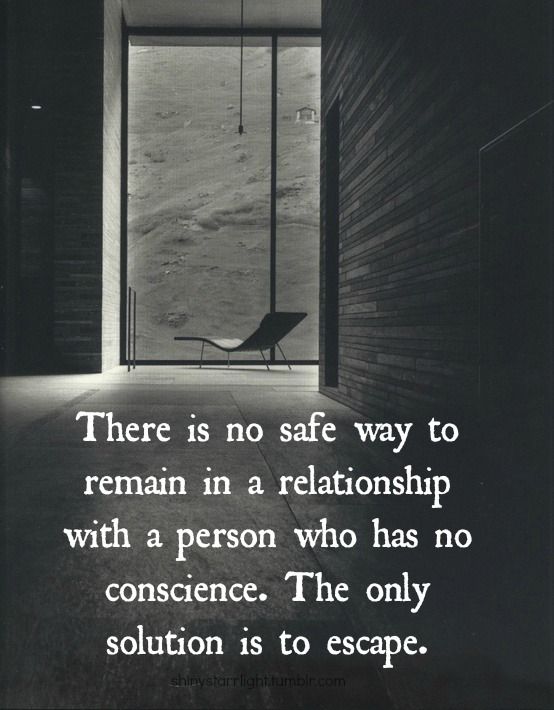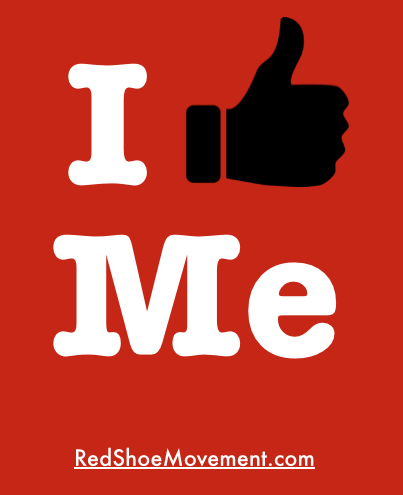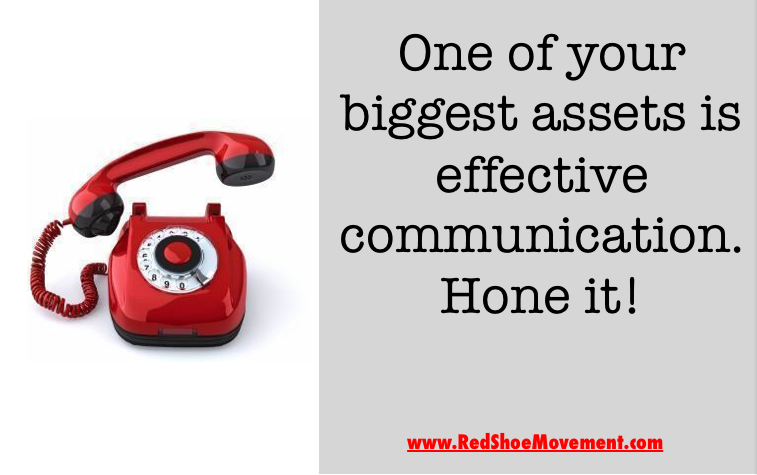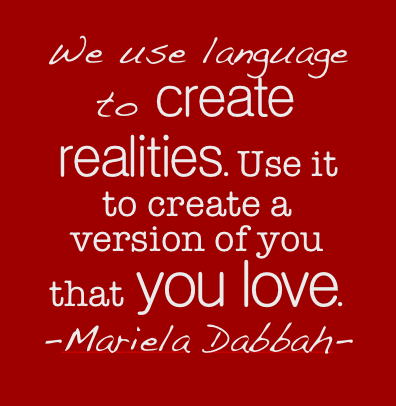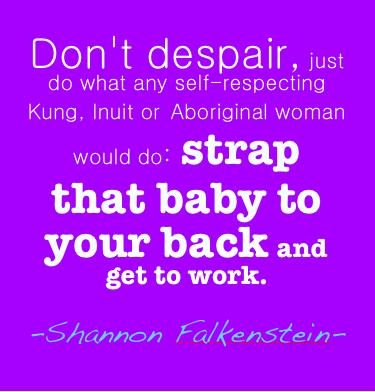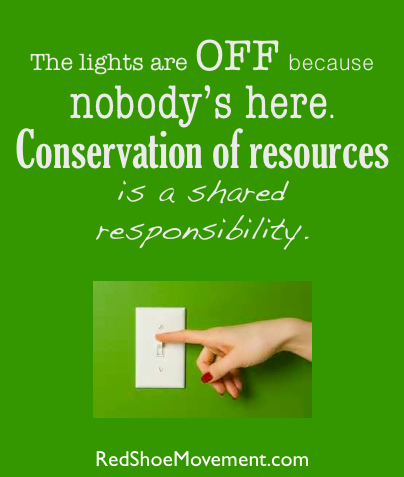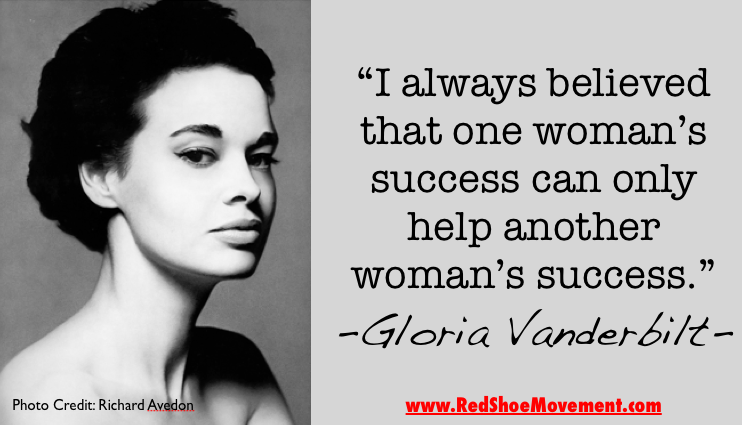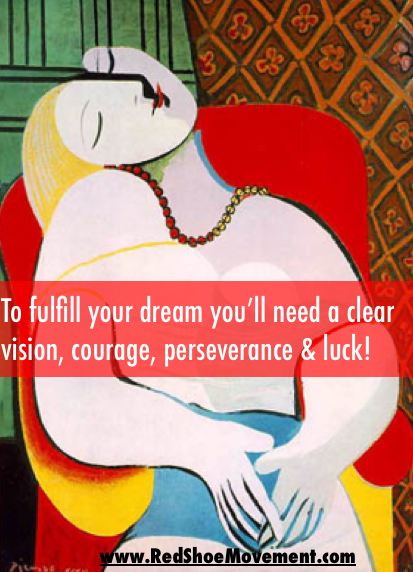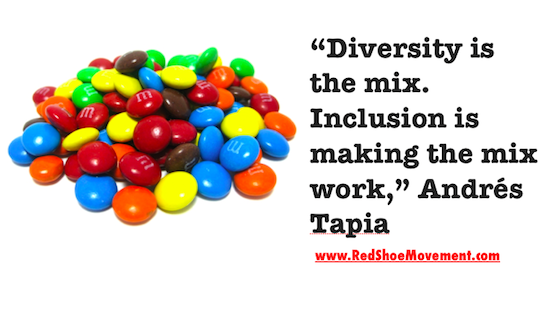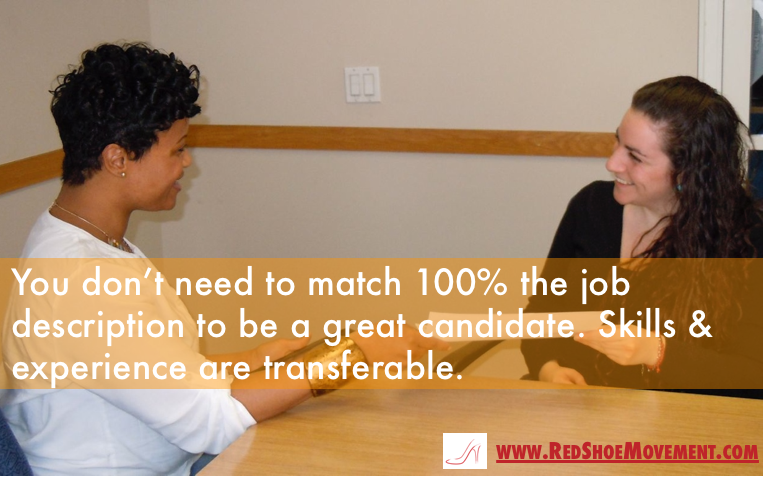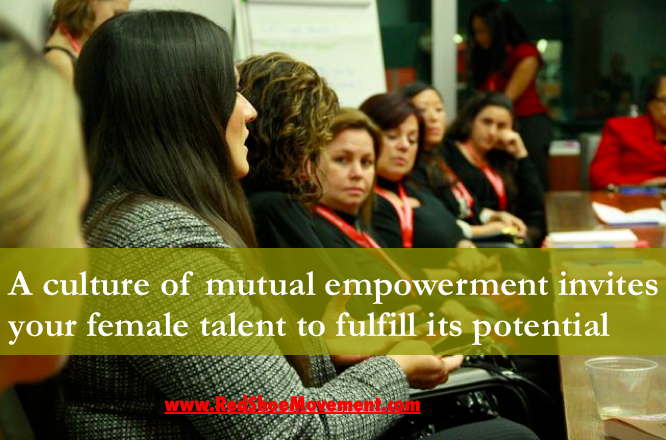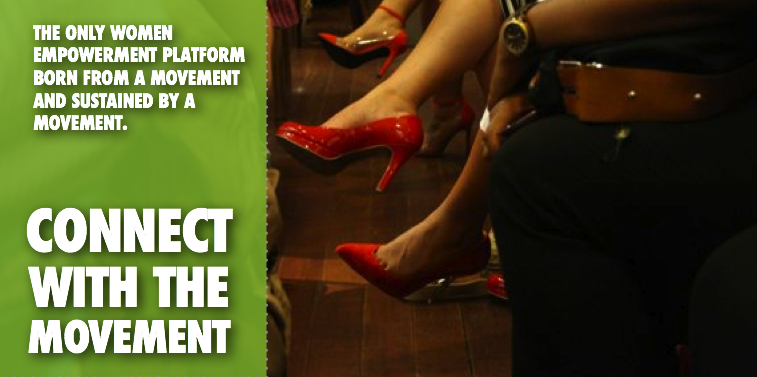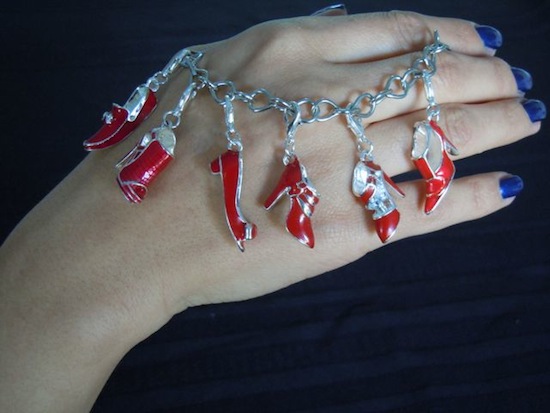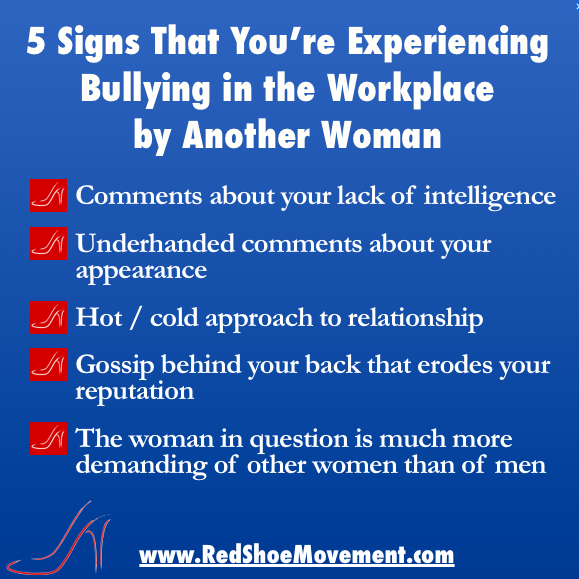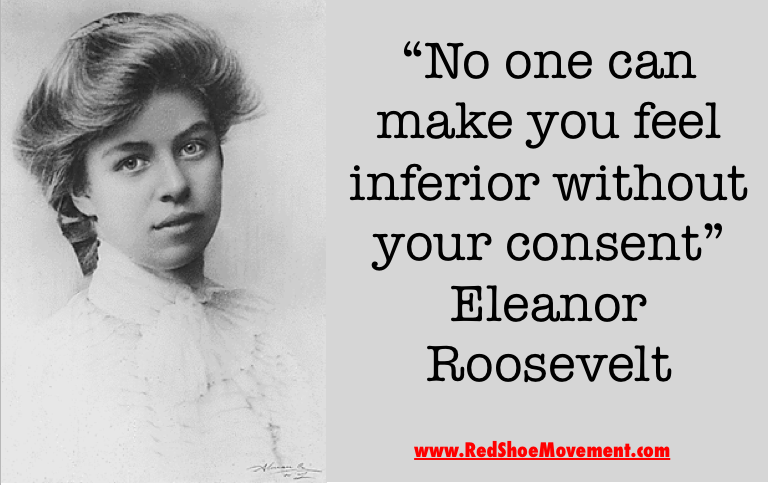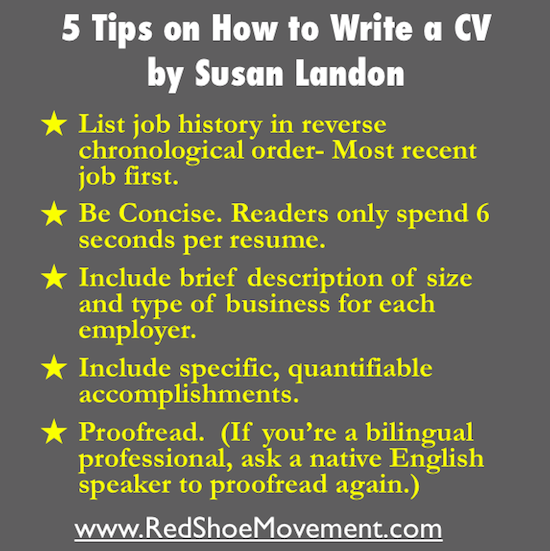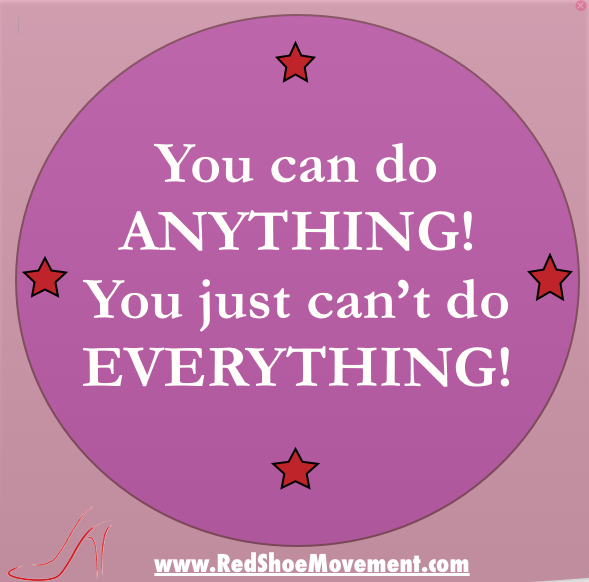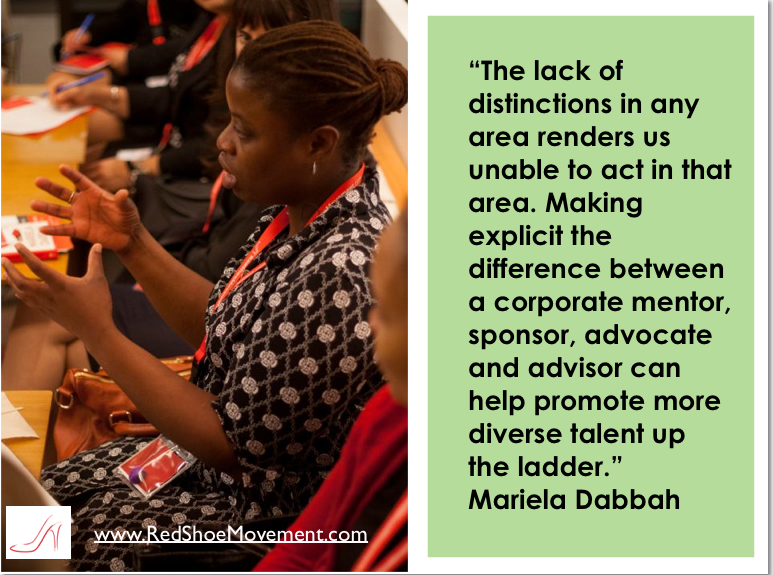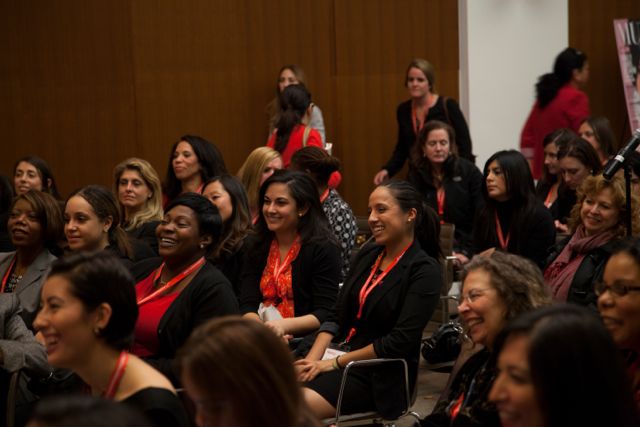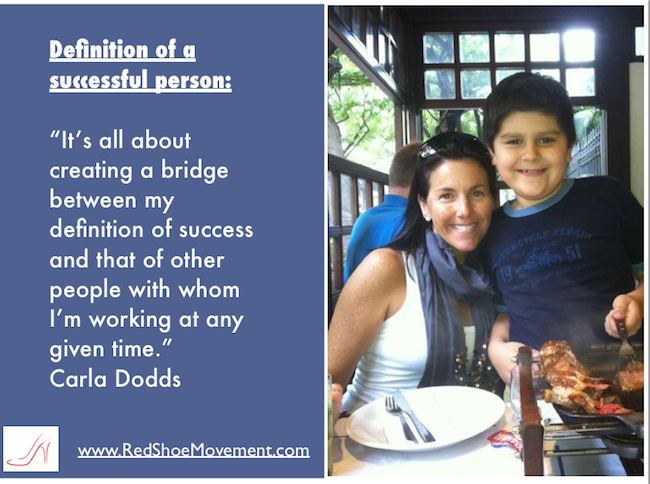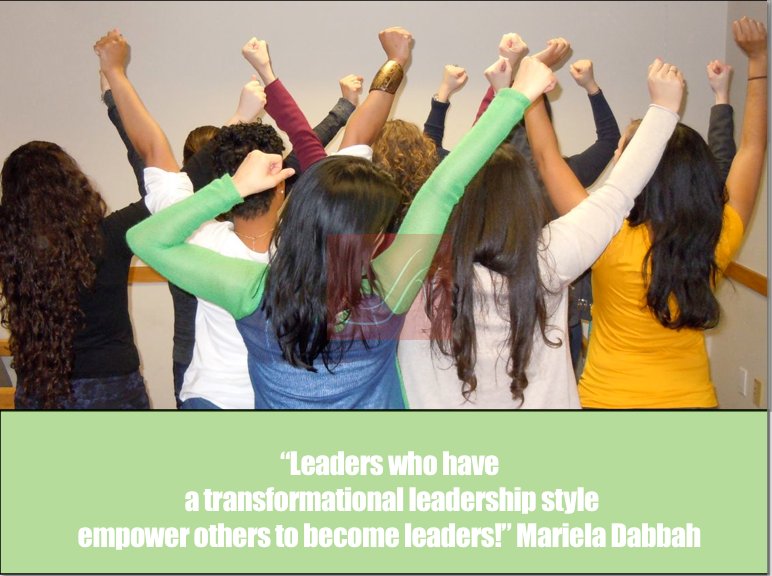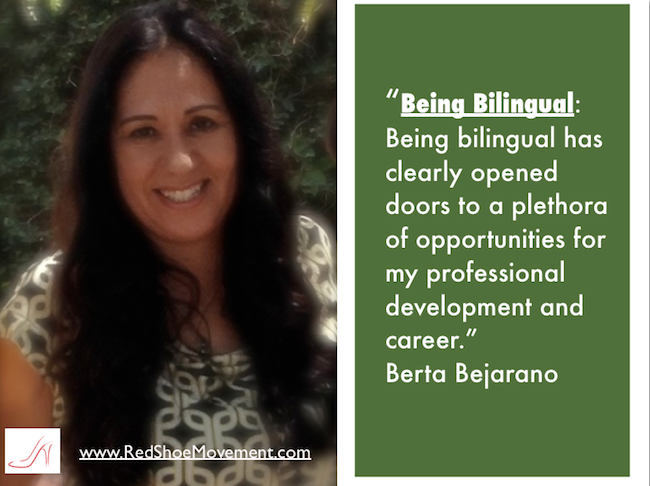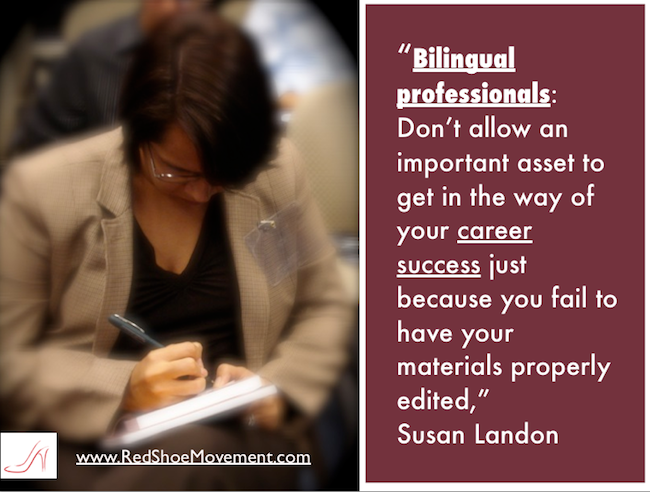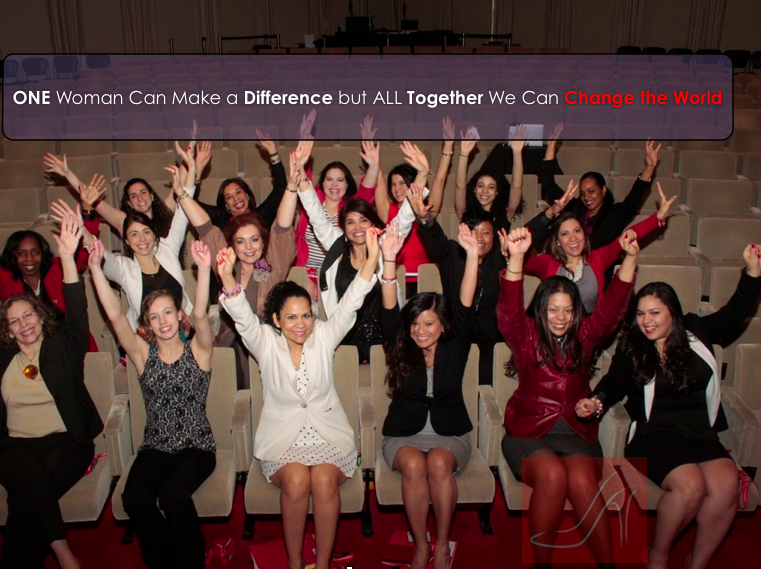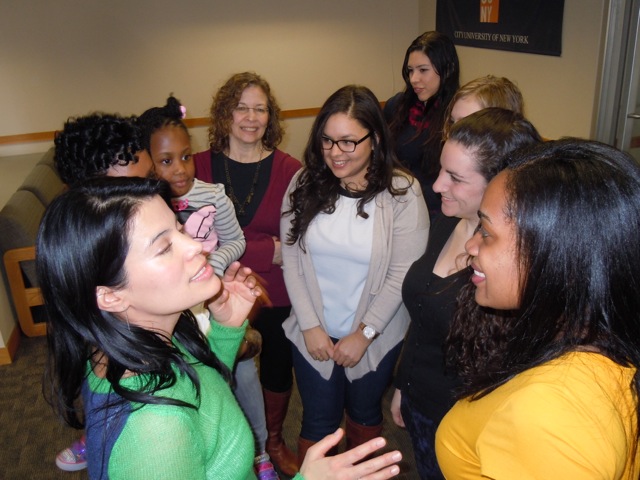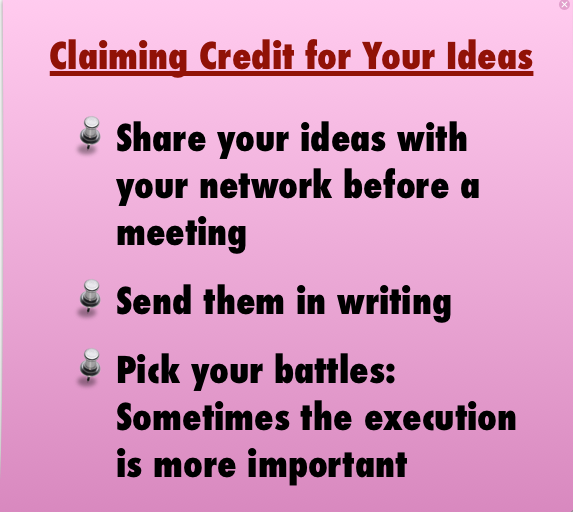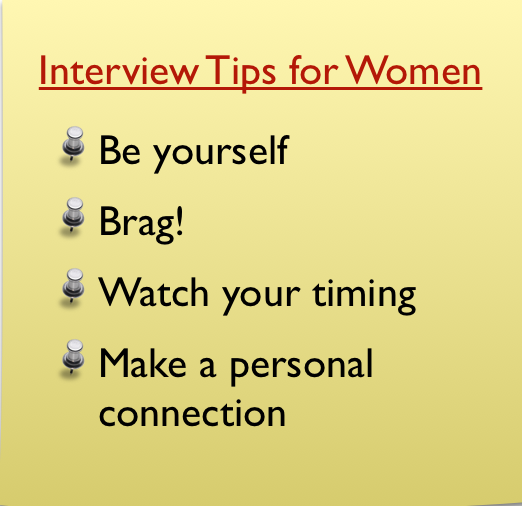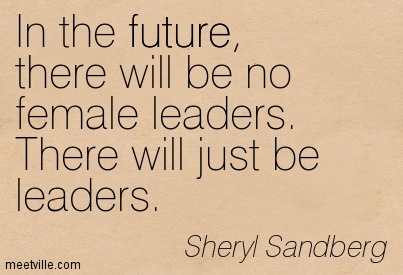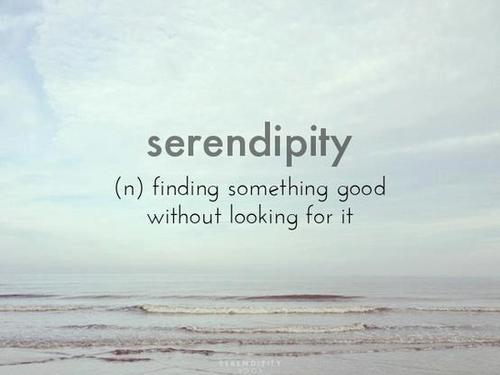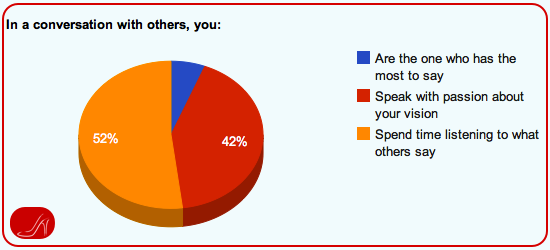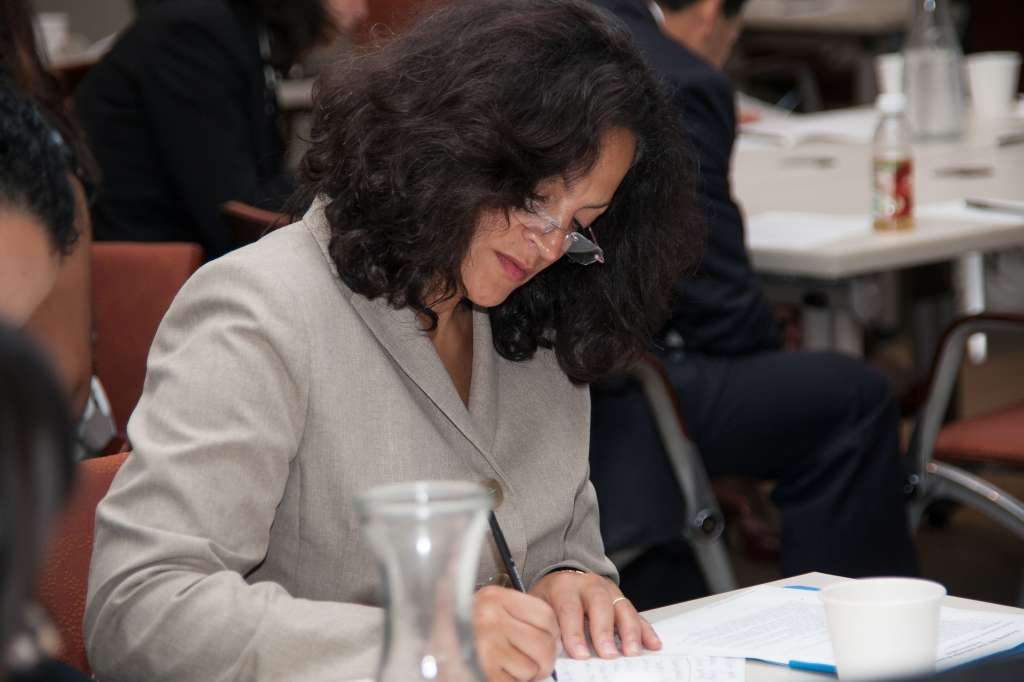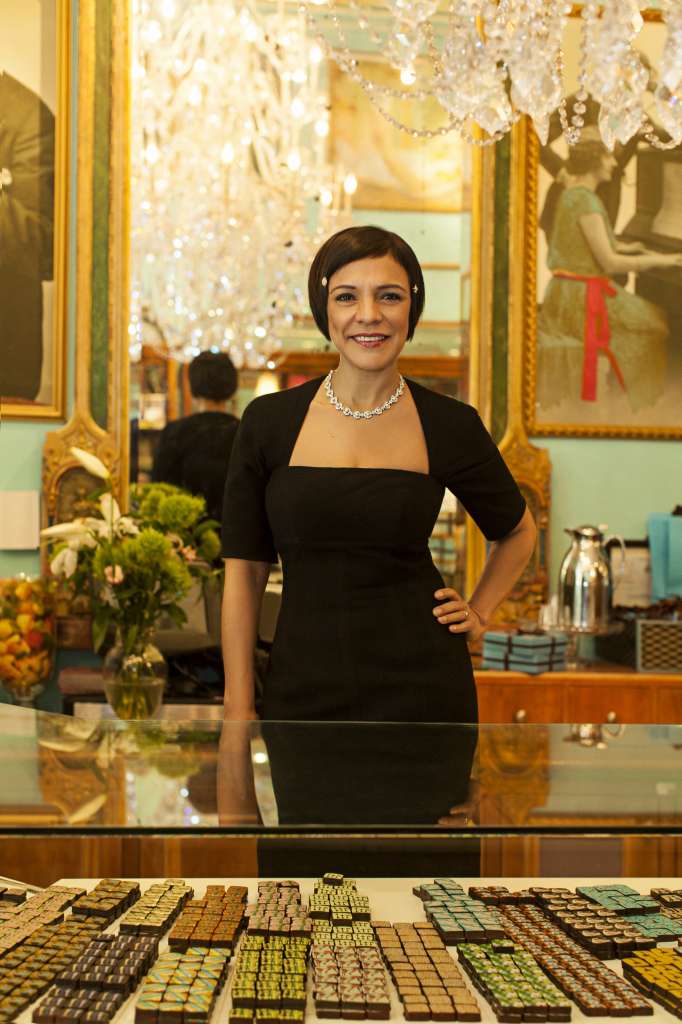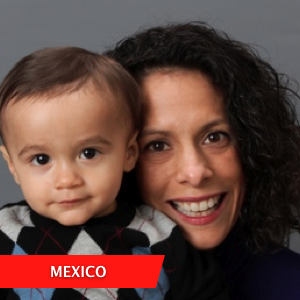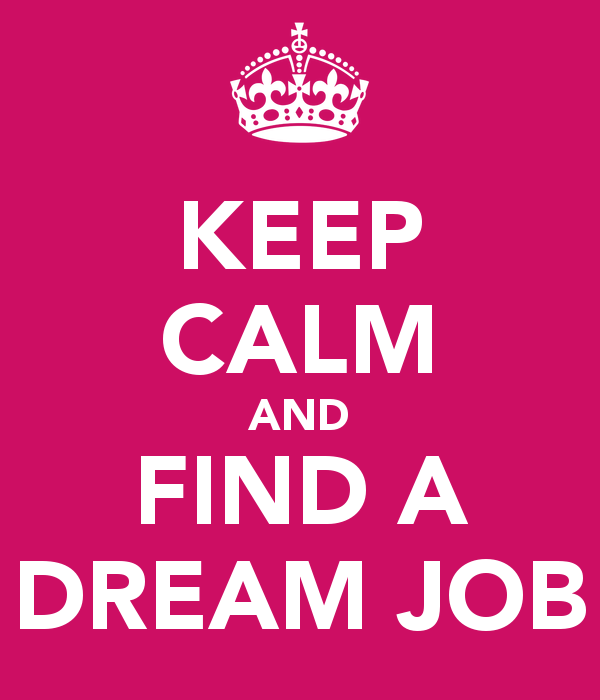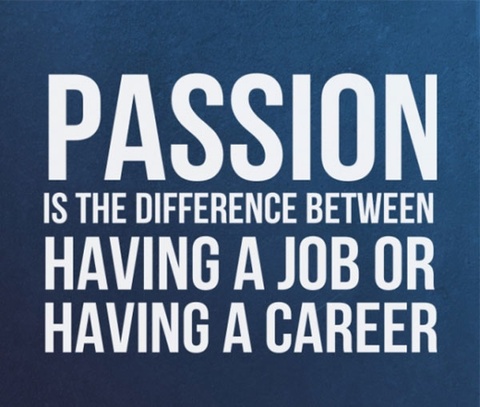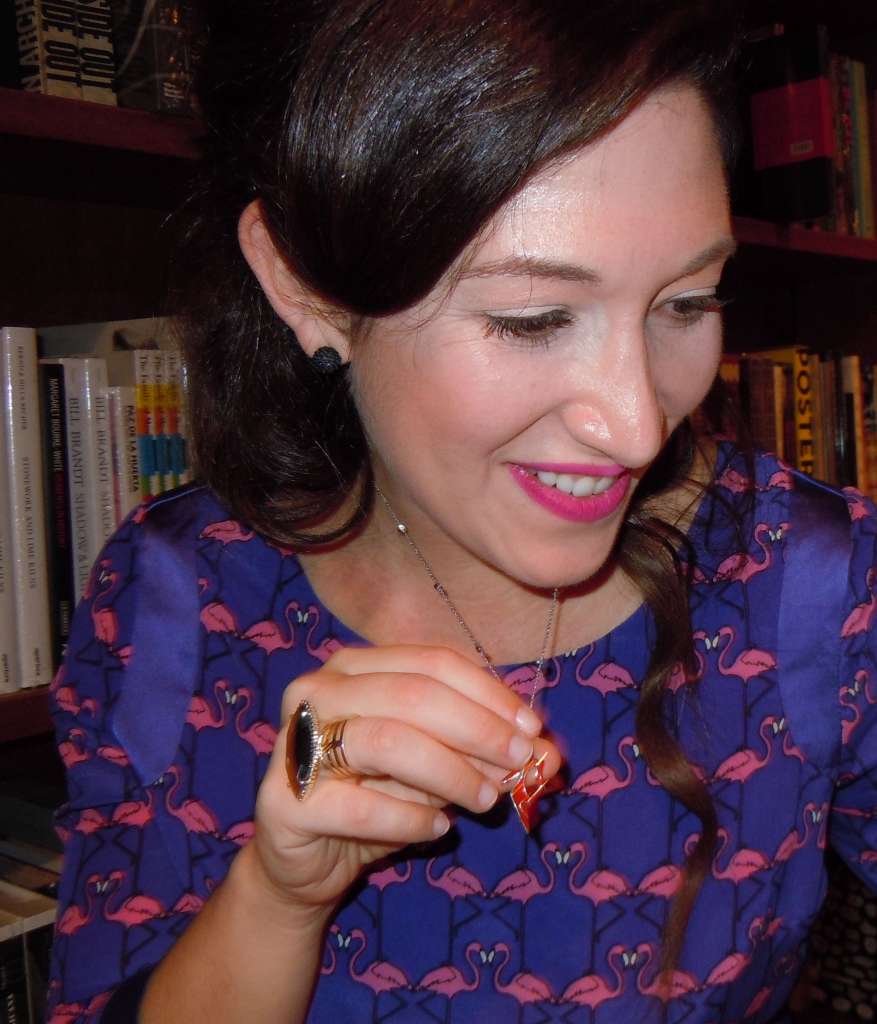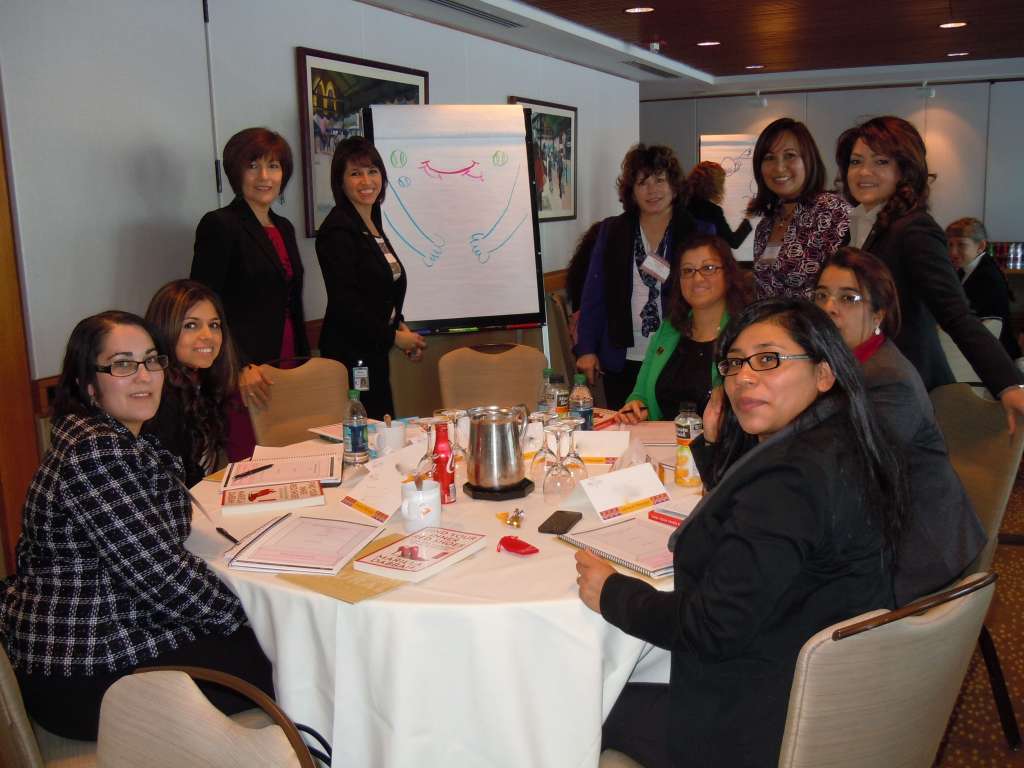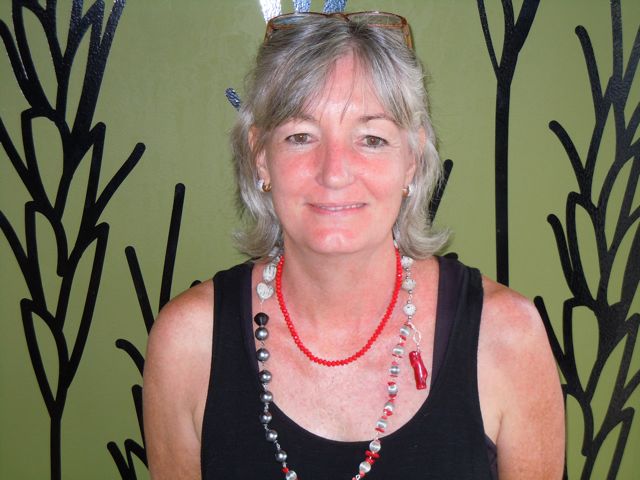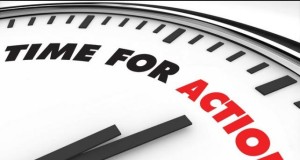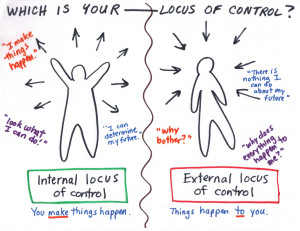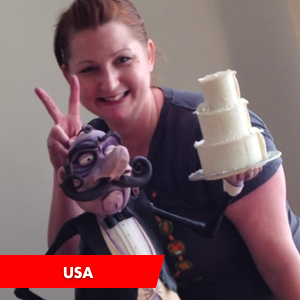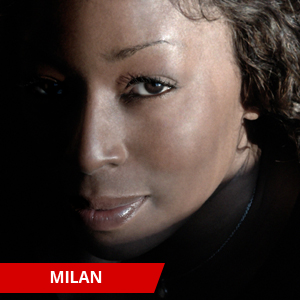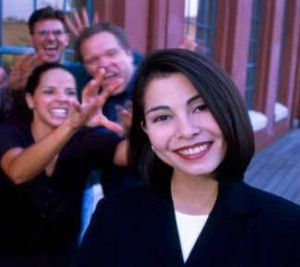The lack of physical contact and its unclear end, is a hot topic these days. If you are isolated and alone, this moment can be particularly difficult for you.
Perhaps being alone and isolated bring up unpleasant feelings. Knowing that you will not be able to visit people, sit down to have a coffee or a drink with someone, or that you won’t feel the hug of a loved one for a while can be a distressing prospect. Or perhaps you are puzzled about what is happening to you.

Understanding what it feels like to be isolated and alone
Start by asking yourself these questions:
- Have you had different emotions than usual these past few weeks?
- Have any of those feelings you had before the pandemic intensified?
- Could you talk to someone about what is happening to you?
- Do you think that what you feel is more intense than what other people in a similar situation are feeling?
- Were you already going through a vulnerable period? (Separation, job loss, mourning, illness, conflicts with your partner or family members, etc.)
- Are you overly concerned about something or someone?
- Do you have more physical issues than before?
- Are you anesthetized and nothing affects you?
- Do you feel able to get through this situation without professional help? If you can’t, have you tried to connect with someone?
If you’re having a tough time make sure to contact a therapist who can help you and guide you. You’d be surprised at how good it can feel to talk to a professional with whom you can be completely open about what’s going on with you.
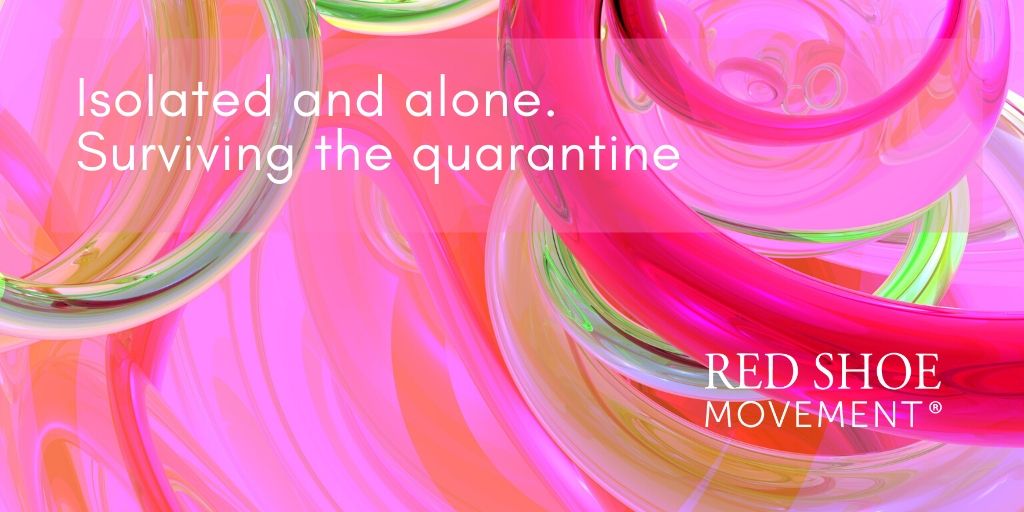
Identify what makes you feel bad
1Feeling that the quarantine is permanent
No matter how many days the quarantine lasts, even if they it is much longer than you would like, always remember that this isolation is temporary.
2Feeling like you’re following an order
Social isolation is a way to take care of ourselves. It may be a rule or recommendation from the authorities of your country, but it is also a decision of each one of us to respect the isolation for our own good and that of the people with whom we live or interact, as well as for the good of the community at large. If you can think of it as everyone’s responsibility, you will feel better than if you think of it as a mandatory rule against your will.
3Feeling like you are “locked up”
It is essential to make the distinction between isolation and confinement. It is true that being quarantine means we are physically isolated most of the time, but we are not locked up. Depending on the city you are in, it is very likely that you can go out to buy food or medicine. Something you wouldn’t be able to do were you locked up. Keep this in mind because the feeling of confinement can lead to more anxiety.
Especially nowadays it is important to think about the way to “get out”, without ever leaving your home. Building an exteriority does not necessarily have to do with stepping on the street.
4Feeling like you are working all the time
If you are doing home office, in many cases working hours have expanded and the level of demand intensified. Add to that the fact that everything takes longer since you must also do other tasks that you didn’t have to do before, or maybe that you need to share the computer with someone else in your family. The tasks have multiplied but the hours of the day remain the same twenty four.
It is essential that, on the one hand you can take breaks and take care of your basic needs such as eating, resting, recreation, hydration, etc. And on the other, that, as far as possible, you do the kinds of things you normally did when you weren’t in quarantine. Meetings with friends, partner, dating online, etc. If there is one thing we can be grateful for is the easy access to video calls that allows us to stay close to others.
5Feeling like you are disconnected even though you are hyperconnected
It is easy to fall into feeling disconnected when you only communicate with others by text message or recorded messages. Try not to abuse the chat. It is better to choose one person every day with whom you can have a phone call or video call, than to be texting for hours with one or more people. We have become unaccustomed to talking on the phone with our loved ones. It is not the same to send an audio, where there is only one open channel and when nobody knows if at certain point one of you will become distracted or busy with something else, suddenly interrupting the communication. The voice provides a particular support when two people are talking synchronously. It makes you feel closer to each other.
6Feeling that no one thinks of you
This is not the time to make mental calculations of how many times you called someone versus how many they call you. Just pick up the phone and call the person you know will feel good to talk to. It is a time to build ties and not to erode them. Try to talk rather than complain because they haven’t called you. We are at a very particular time when people are very susceptible and it’s really impossible to know how this is affecting others in your circle.
If you are having a good time and enjoying being isolated and alone, take advantage of it, do not feel guilty. You can share your well-being with others and offer some encouragement and ideas.
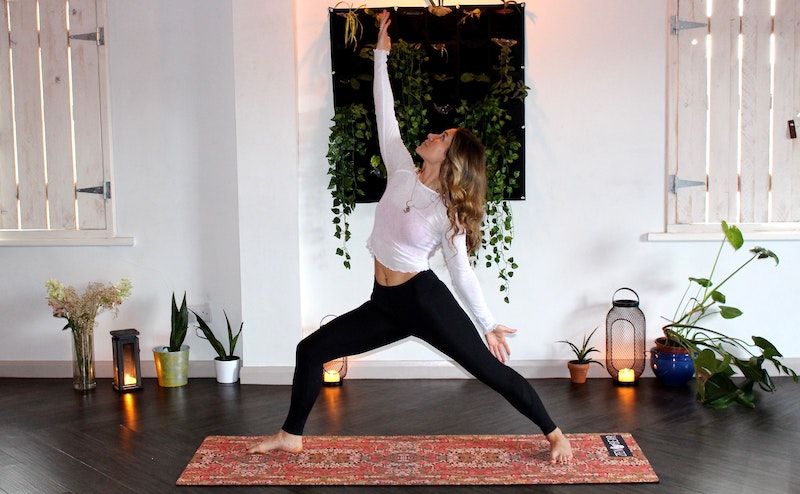
3 additional tips to survive the quarantine alone
1Release your inner star
You can make home videos. They can be very funny and who knows, you may end up being a YouTuber influencer. Have a sense of humor. A patient of mine who lives in Spain, is isolated and alone in a house in the mountains. Although she is always very “proper”, she has found her funny and theatrical side and began filming herself. It has had a great effect on her and her acquaintances. Humor is a great tool to overcome difficulties.
2Renew your wardrobe
How about parading in front of the mirror, trying outfits you haven’t tried in a while? You can create new ones combining clothes in completely innovative ways. Take pictures of them to remember them when you can go out again.
Do you have clothes that you no longer wear? You can take them out of the closet and give them away or alter them. Change the buttons, cut the sleeves, the neck or anything else you fancy.
3Build a mutual promotion network
I’m sure you know people who are doing things and can’t promote them enough. Or those who have been trying to adjust their business or start a new one to make ends meet. You can build a network by connecting people to each other, and ask them to do the same. For example, an educator I know started to put together a WhatsApp group to offer older people support and free activities that help them with cognitive processes. She needed a professional brochure that she couldn’t put together herself. I connected her to a graphic designer who was looking to increase her work. The result was that the designer created a very professional brochure that attracted new clients to the educator. I know dozens of cases like these, especially at this time when we are all reinventing our jobs. Surely you can also find a way to help others.
Here are more creative things to do during the quarantine!
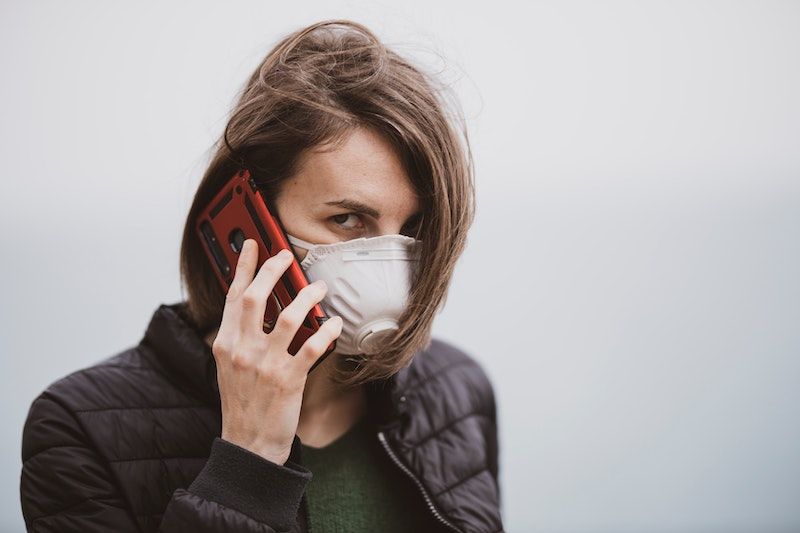
While we are going through a global crisis, as in any crisis, great opportunities will appear. By staying alert and activating your creativity you will be able to identify the things you must do along the way to go through the quarantine isolated and alone as best as possible and to take advantage of everything that can help you get out of this situation in a much better shape than you expected.
If you are looking for a professional community to support you, we are here for you!

























































